QUIZ: How Well Do You Know 1950s Slang Terms?
Every generation grows up with their own special set of slang words and this is especially true for Baby Boomers. Folks who came of age during the 1950s have made terms like “cool” and “nerd” become a part of our everyday language. But there are a whole plethora of terms that would go over most of our heads today. If you heard someone say “that really razzes my berries” you might have some wild ideas about what they really mean, unless you actually know what it means. Only the coolest cats do. Are you one of them?
What did it mean when someone called you the “ginchiest”?
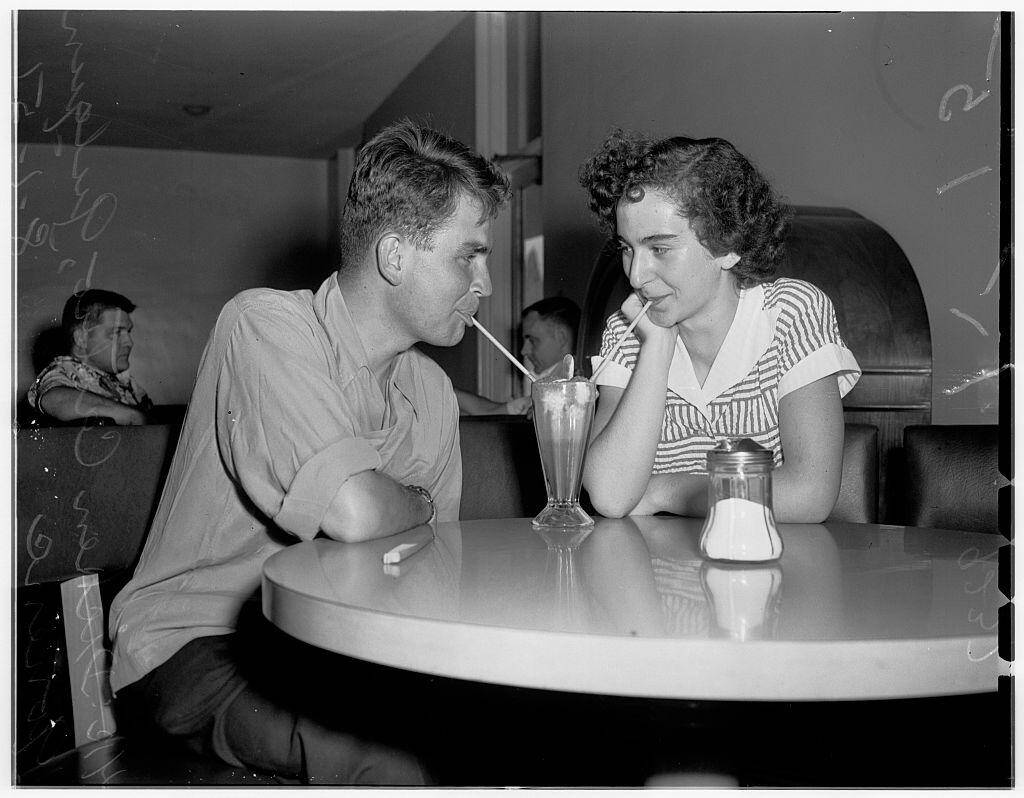
A. You’re very stubborn
B. You’re really cool
C. You’re very cheap
D. You’re really grouchy
Answer: You’re really cool
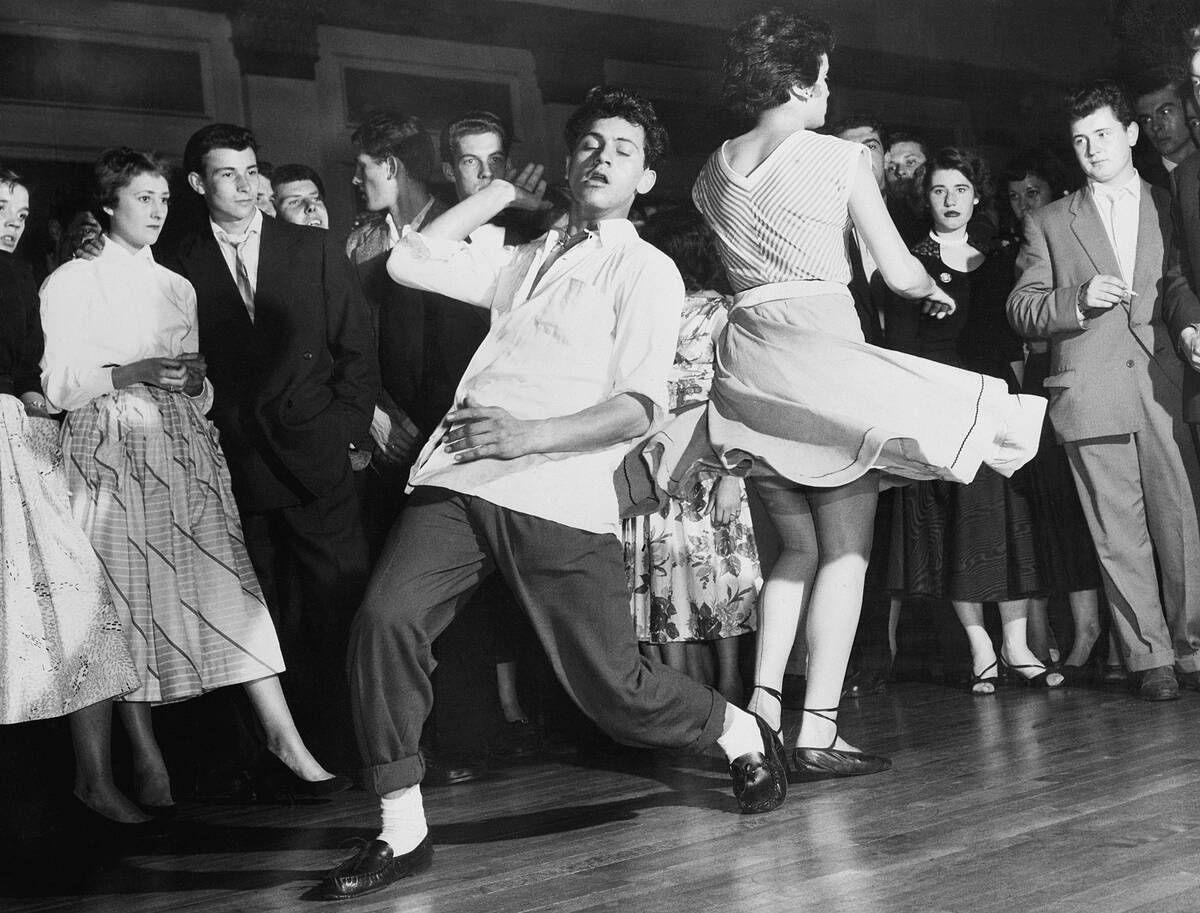
“Baby, you’re the ginchiest!” That’s what you heard if someone really admired your appearance or personality. People who were super cool or hip were the ginchiest back in the ’50s.
What did “made in the shade” mean?
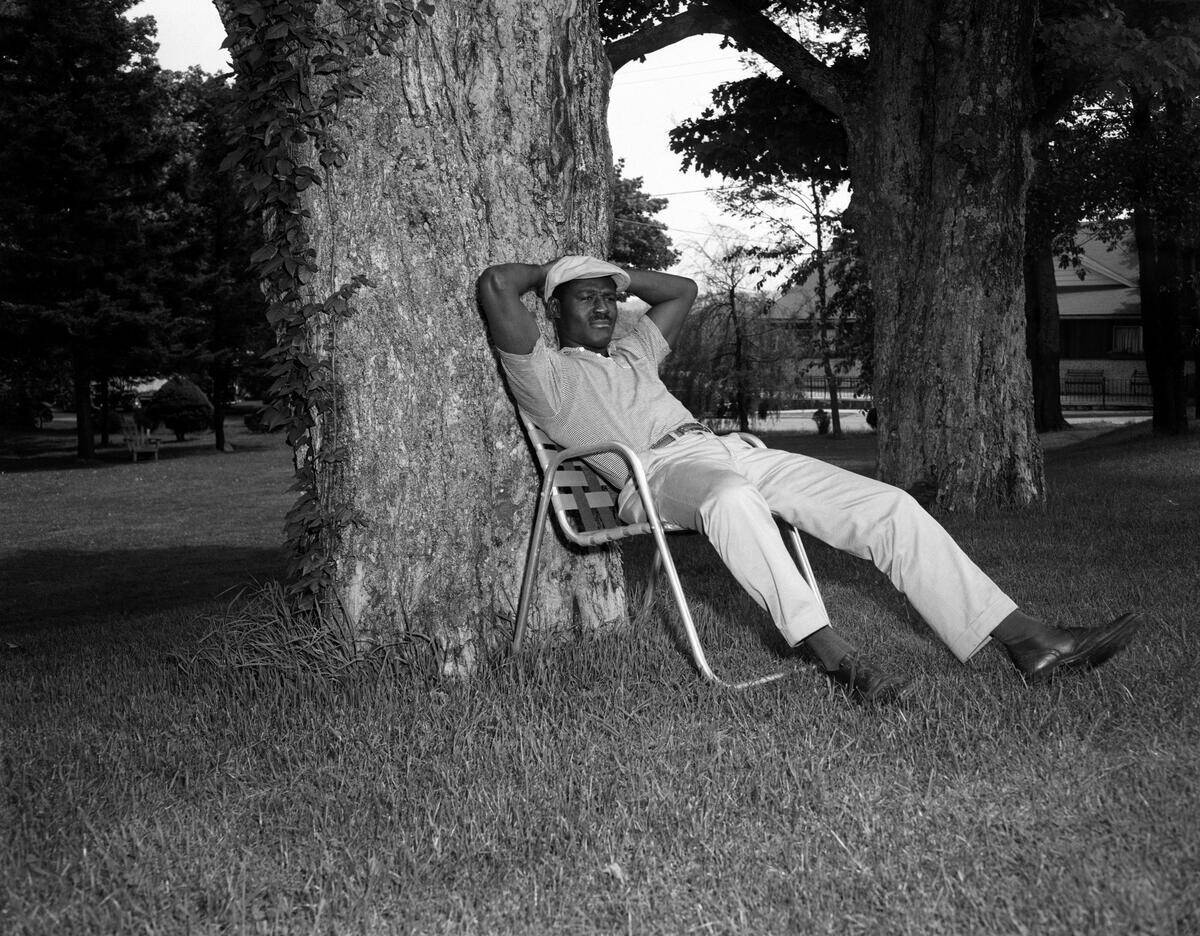
A. Success guaranteed
B. Done in secret
C. Staying out of the sun
D. Done quickly
Answer: Success guaranteed

If someone has it “made in the shade,” then they’re likely to be on the path towards success. This phrase meant that someone didn’t have a care in the world because things were going pretty swell for them.
What was “beat feet”?
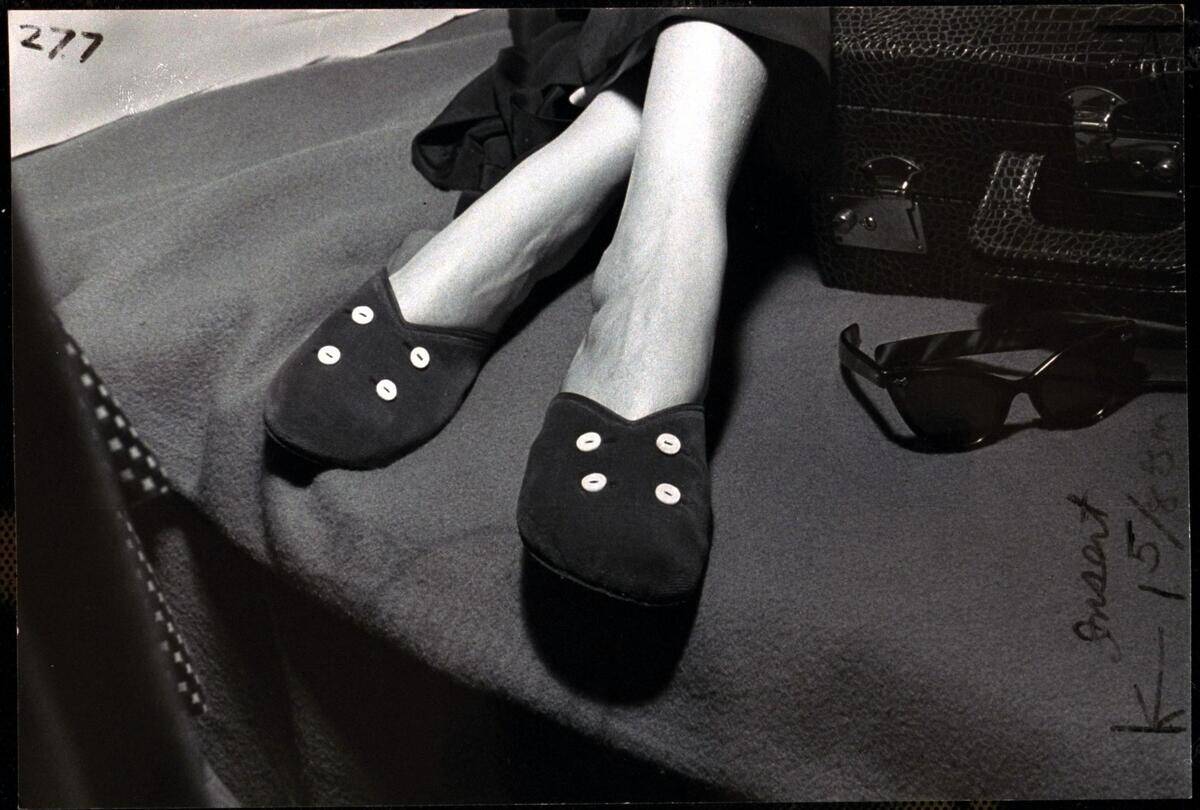
A. You’re exhausted from something
B. You’re musically talented
C. You’re a great tap dancer
D. You’ve got to leave quickly
Answer: You’ve got to leave quickly
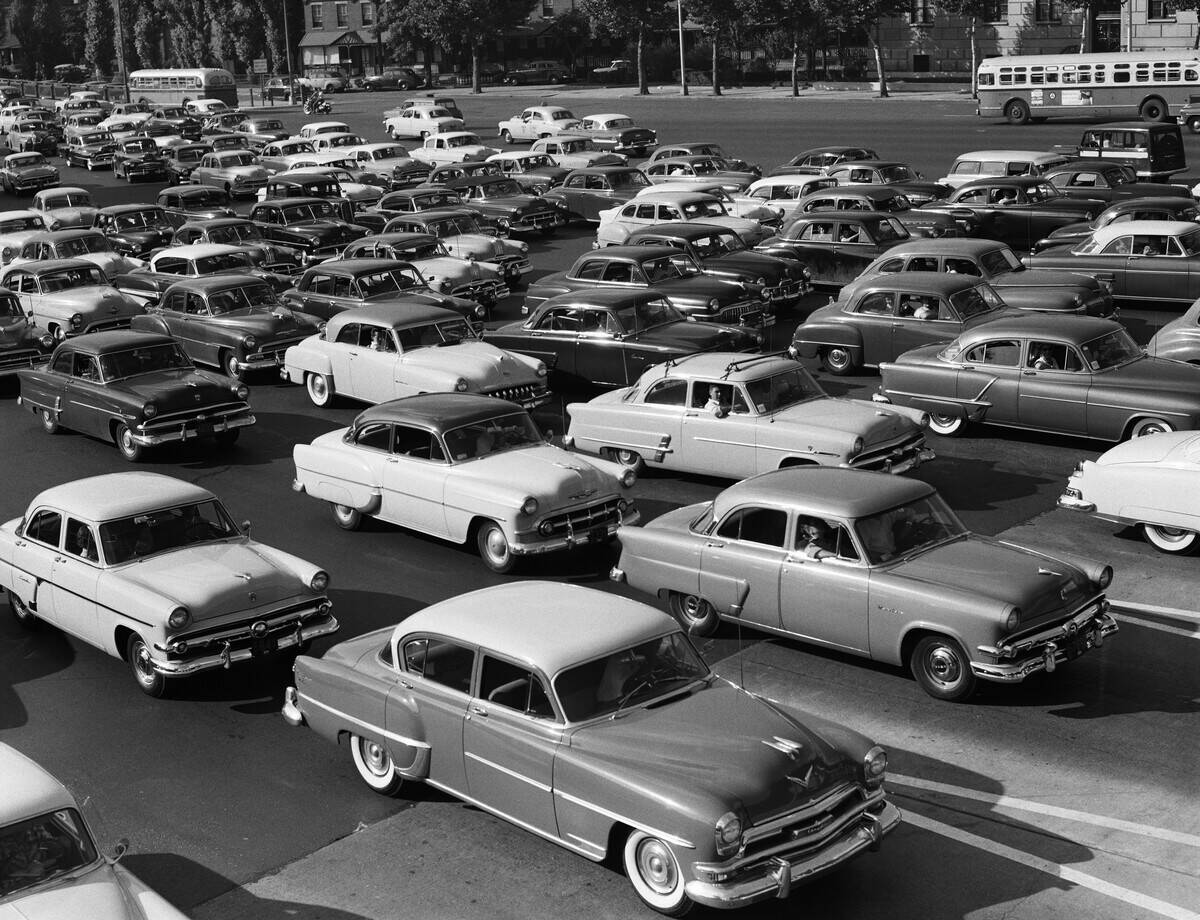
“The cops are coming, we’ve got to beat feet before it’s too late!” That’s what someone might have said if they were up to no good and had to make a quick getaway.
What did it mean when someone was “cruisin’ for a bruisin'”?
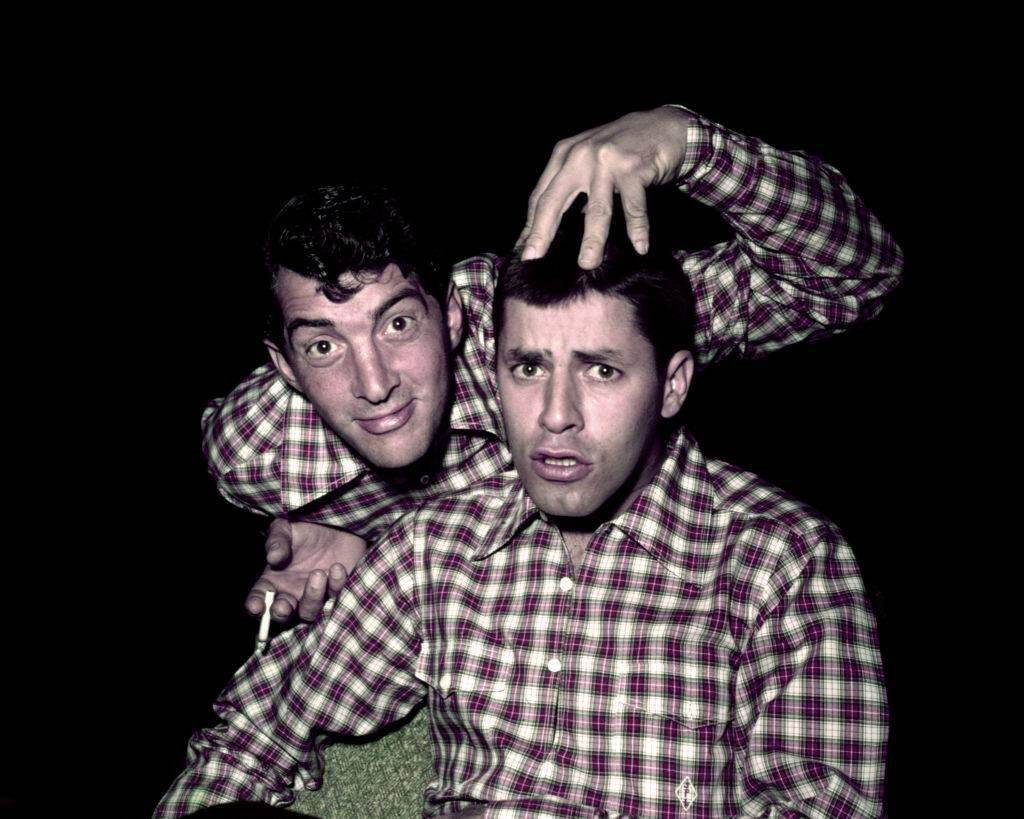
A. They were looking for trouble
B. They were looking for someone to get “intimate” with
C. They were doing something for no reason
D. They were lost while driving
Answer: They were looking for trouble
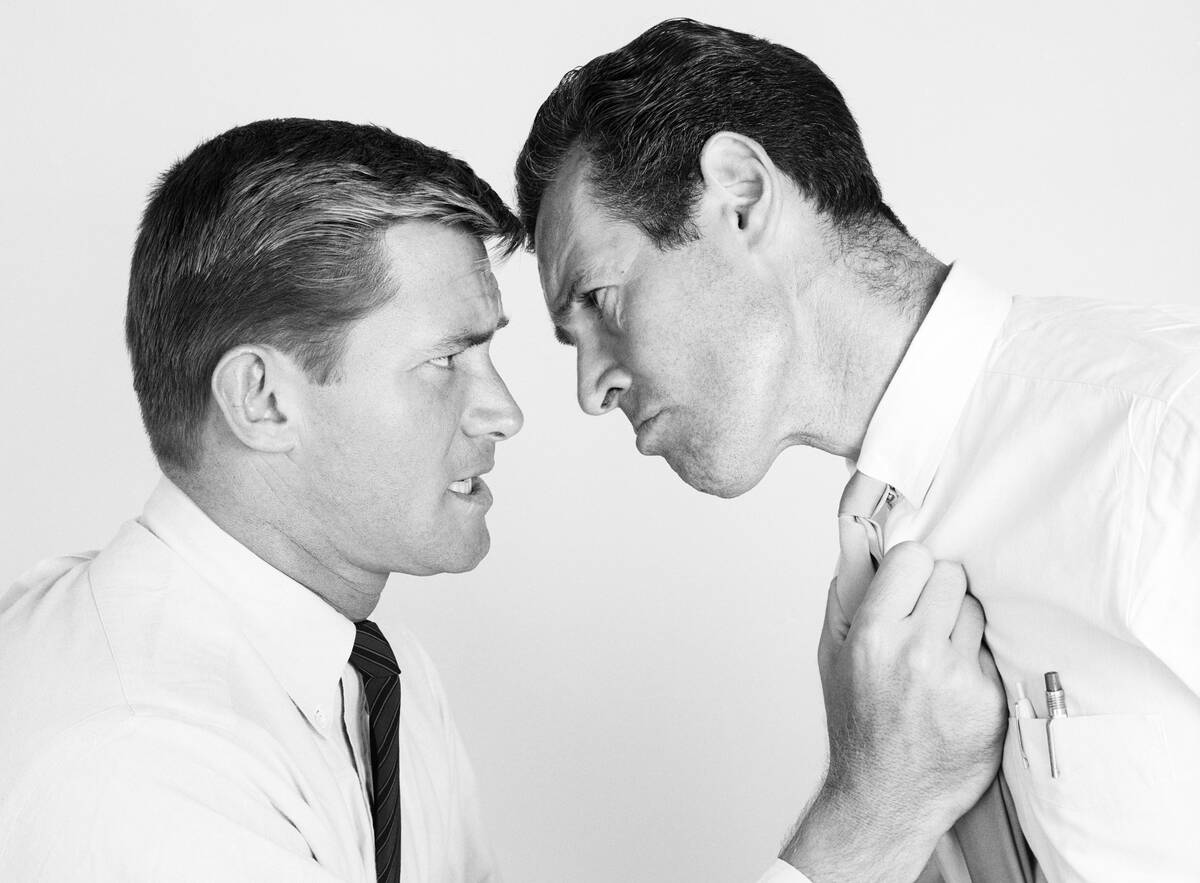
If someone was “cruisin’ for a bruisin'” back in the ’50s, then they probably had a face that someone just wanted to punch. You definitely didn’t want to be that annoying guy who was always causing trouble for everyone else!
Why would you have told someone to “cut the gas”?
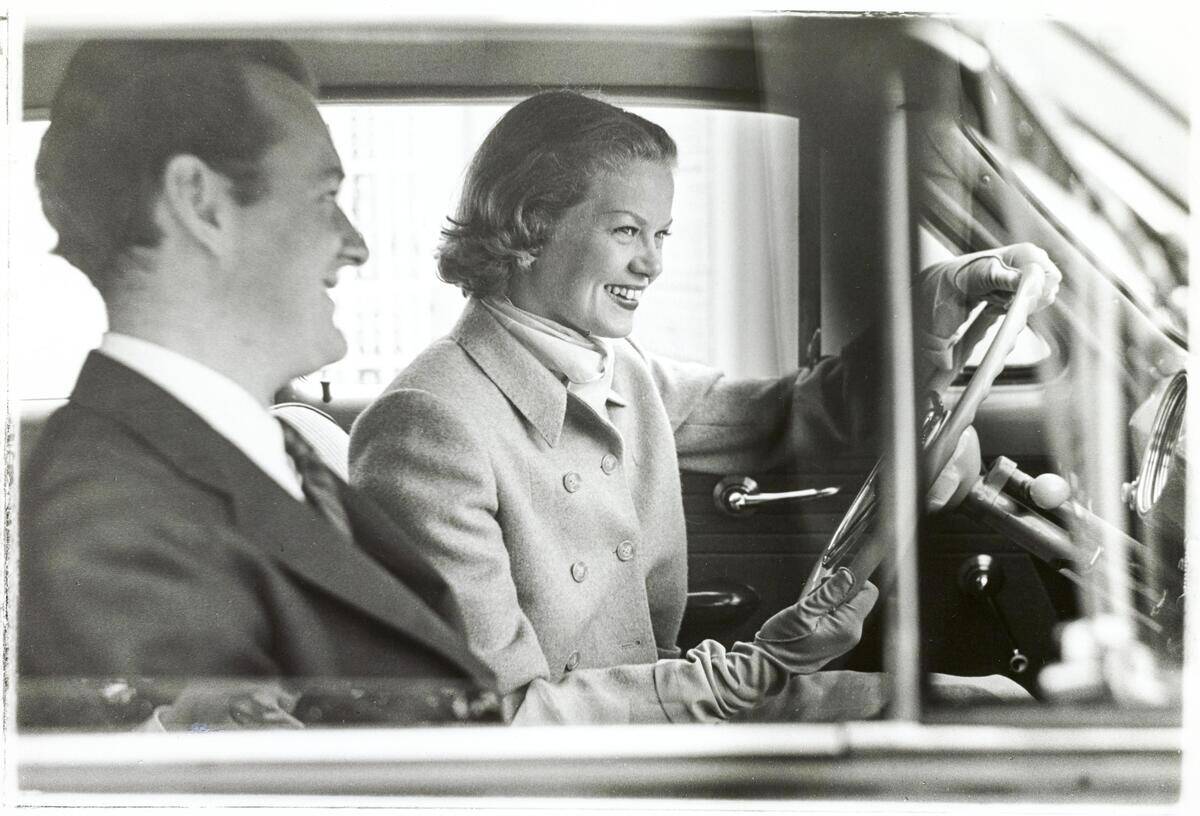
A. They just farted
B. They won’t stop talking
C. They’re driving too slow
D. They’re coming on too strong
Answer: They won’t stop talking
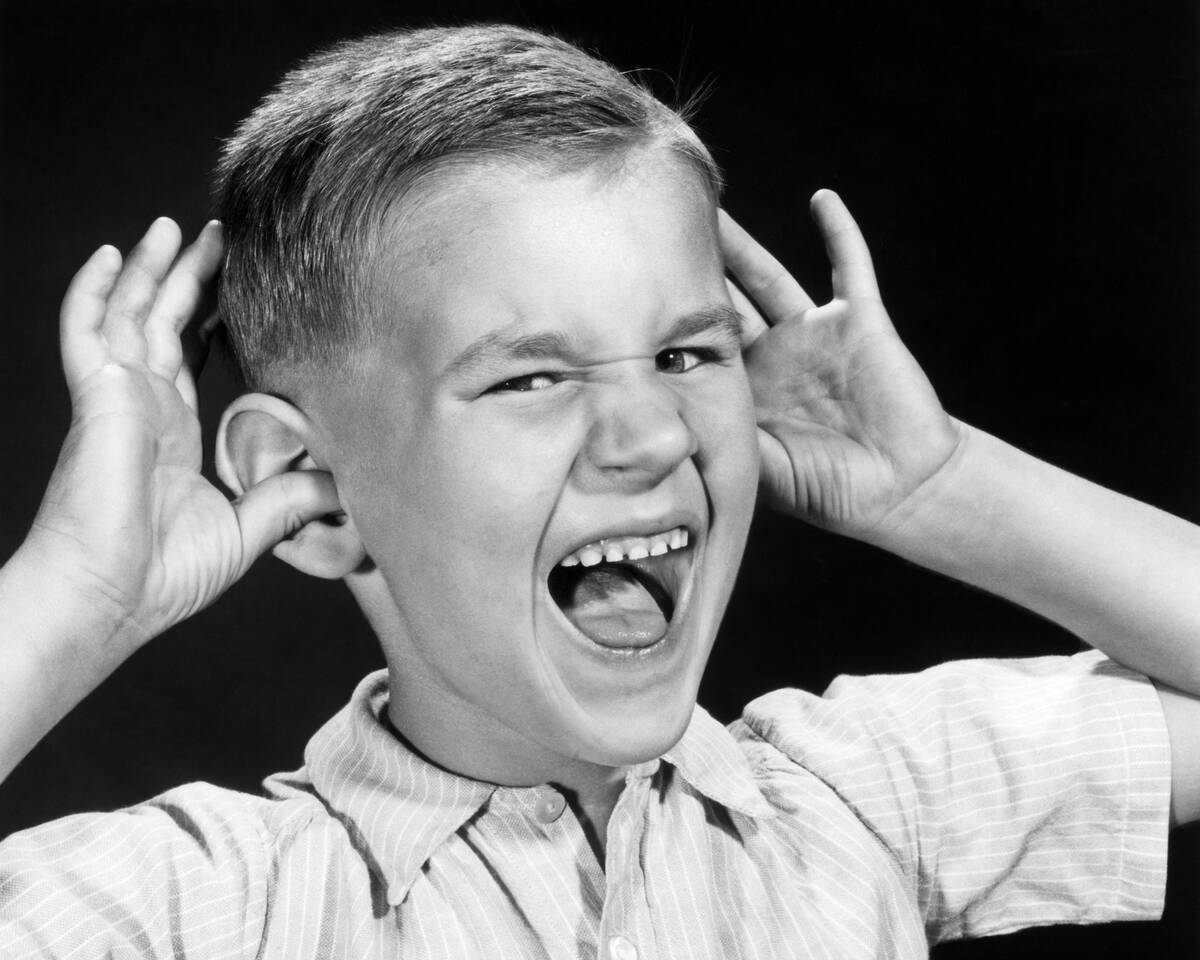
When you wanted someone to “cut the gas,” that meant you really wanted them to shut up! Try saying this to someone whose voice you can’t stand hearing anymore and see if it works.
What did “razz my berries” mean?
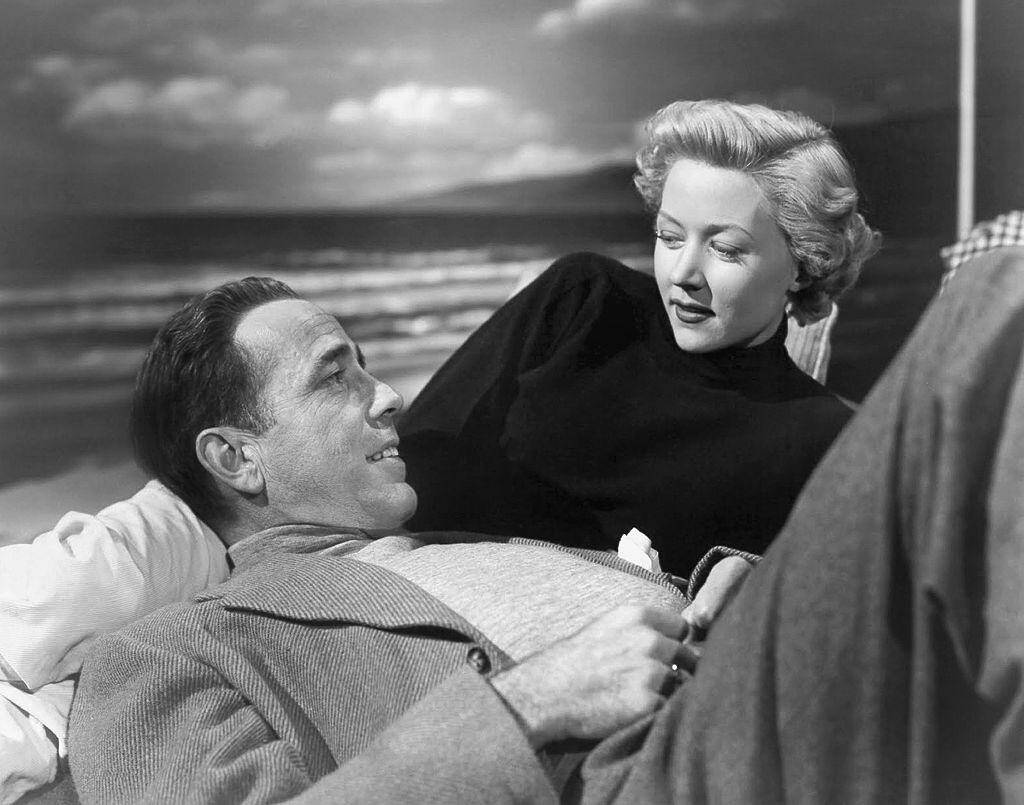
A. It was a sexually suggestive term
B. It was equivalent to “grind my gears”
C. It meant that something excited you
D. It meant that something frightened you
Answer: It meant that something excited you

People said “razz my berries” if something excited them, in a non-suggestive way of course. For example, “That new Elvis record sure does razz my berries!” or “It would razz my berries to get 100% on this quiz!”
What was a “classy chassis”?
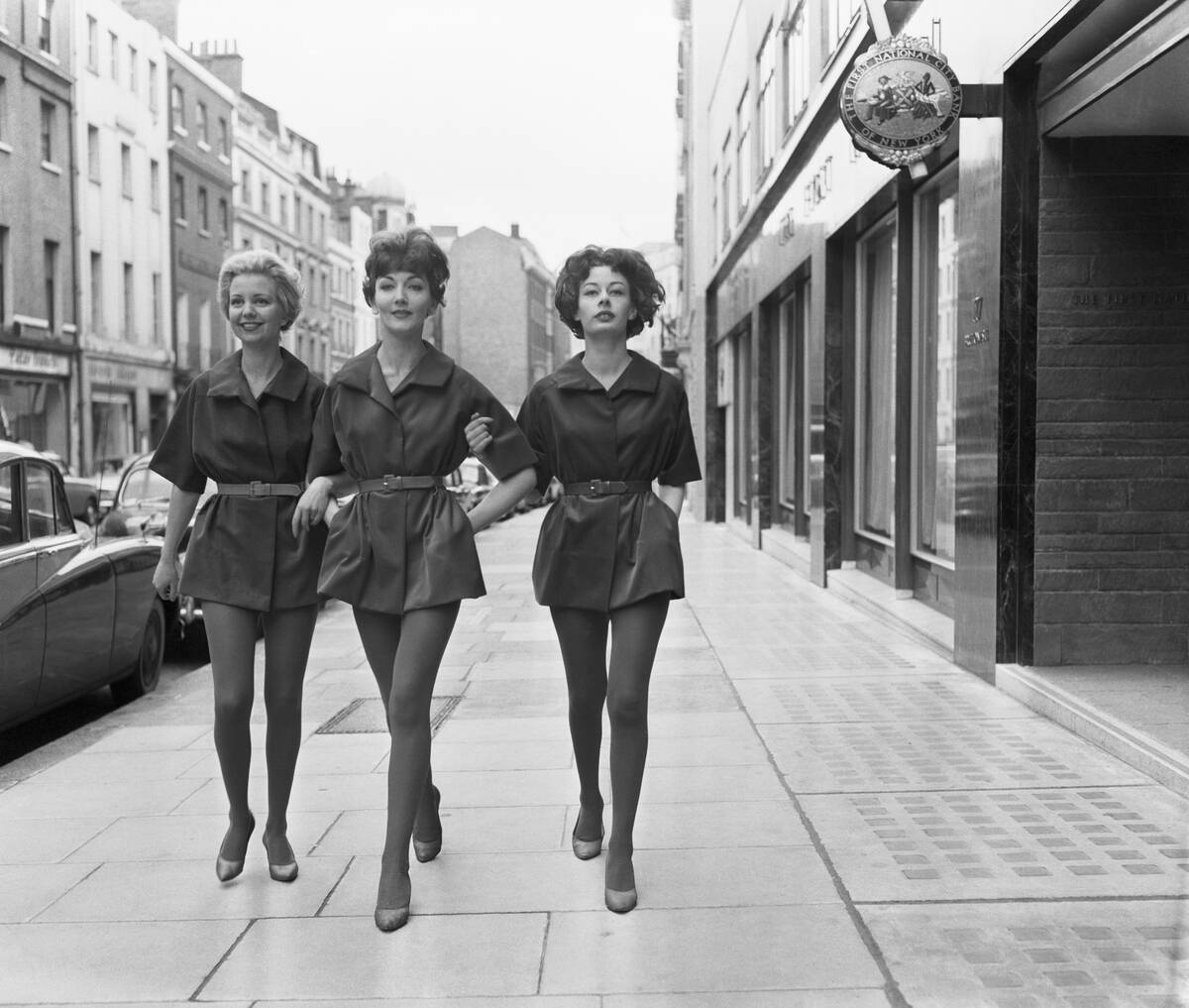
A. A great body
B. A smart brain
C. An elegant person
D. An expensive beer
Answer: A great body
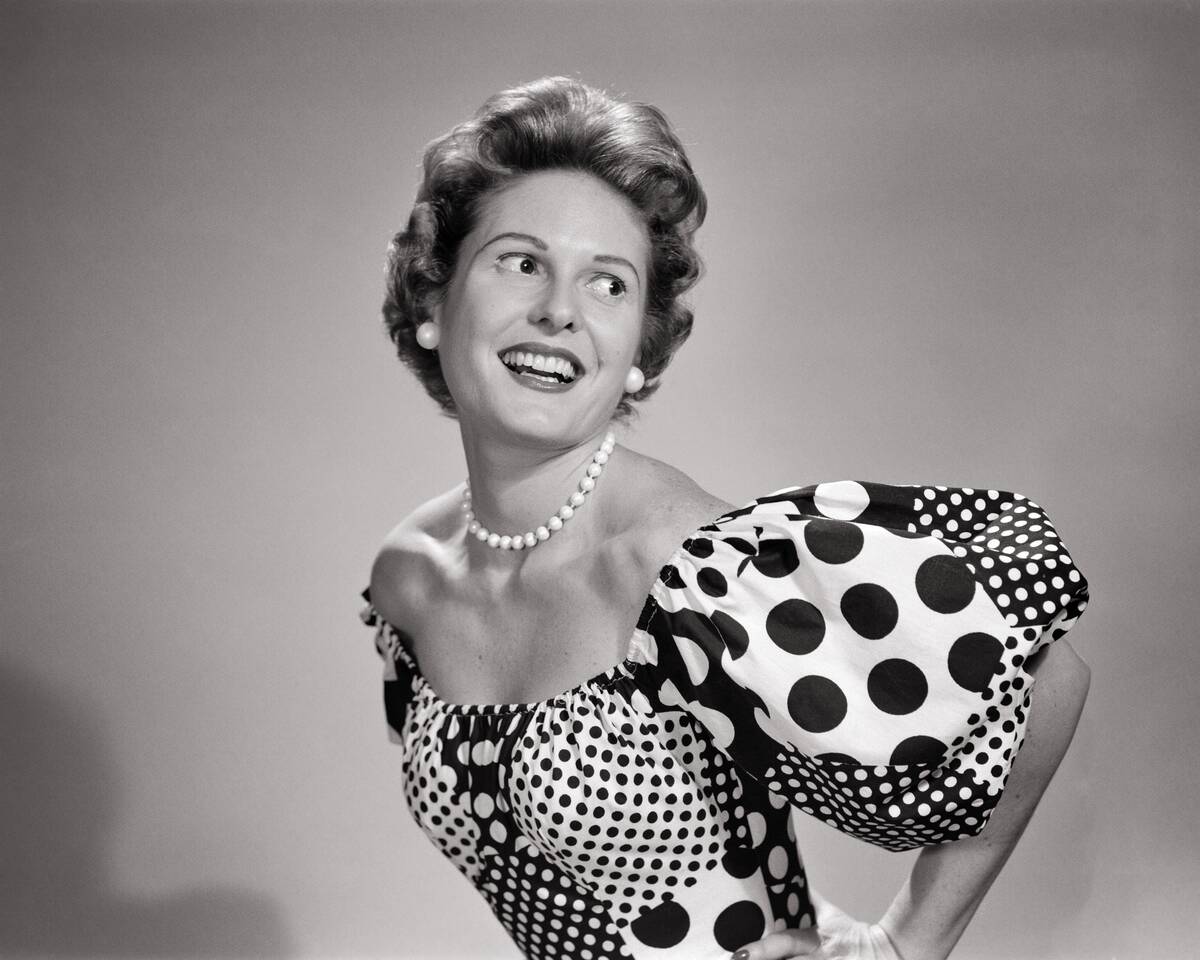
A “classy chassis” was another term for a great body. If you wanted to politely compliment a gal on her looks, you’d say something along the lines of “Wow Tina, you’ve got a classy chassis” before she still got offended and slapped you in the face.
Why would someone have said, “word from the bird”?
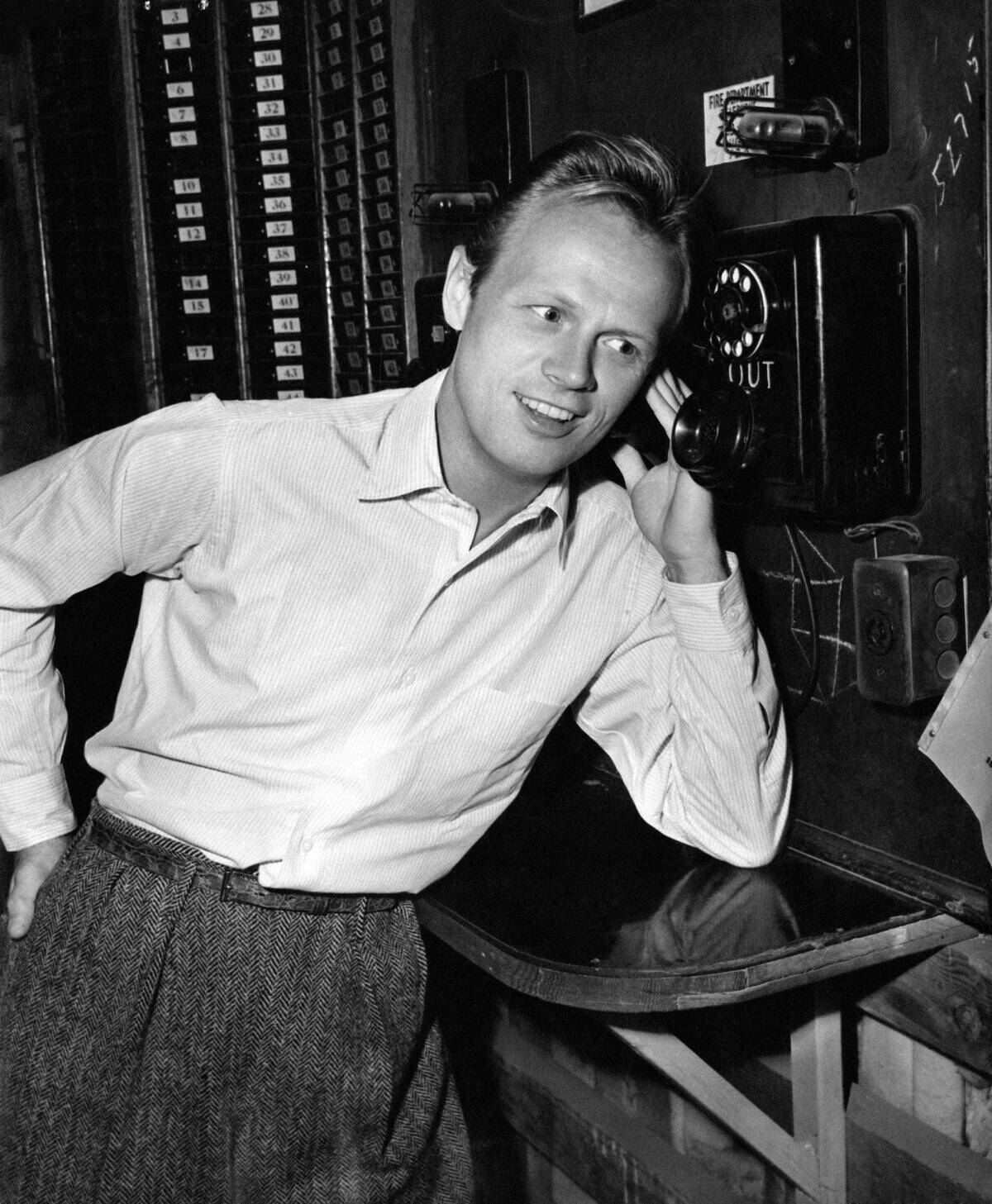
A. What they’re telling you is a rumor
B. They swear by what they’re telling you
C. They saw it in the newspaper
D. They’re quoting gospel
Answer: They swear by what they’re telling you
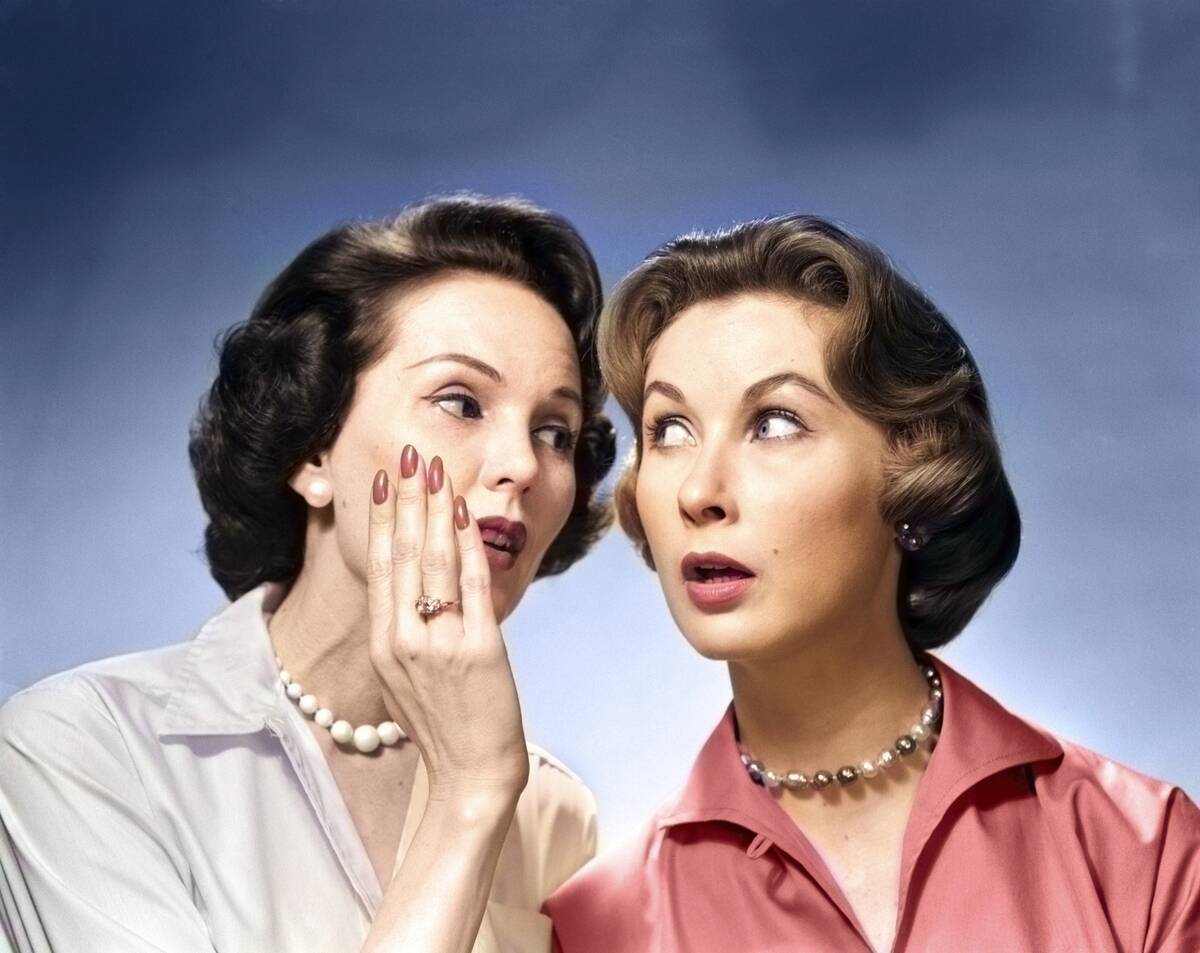
This is a phrase you’d say if you were trying to convince someone that what you’re telling them is the absolute truth. For example, “I saw Richie talking to your girl at the soda fountain man, word from the bird!”
What was a “wet rag”?
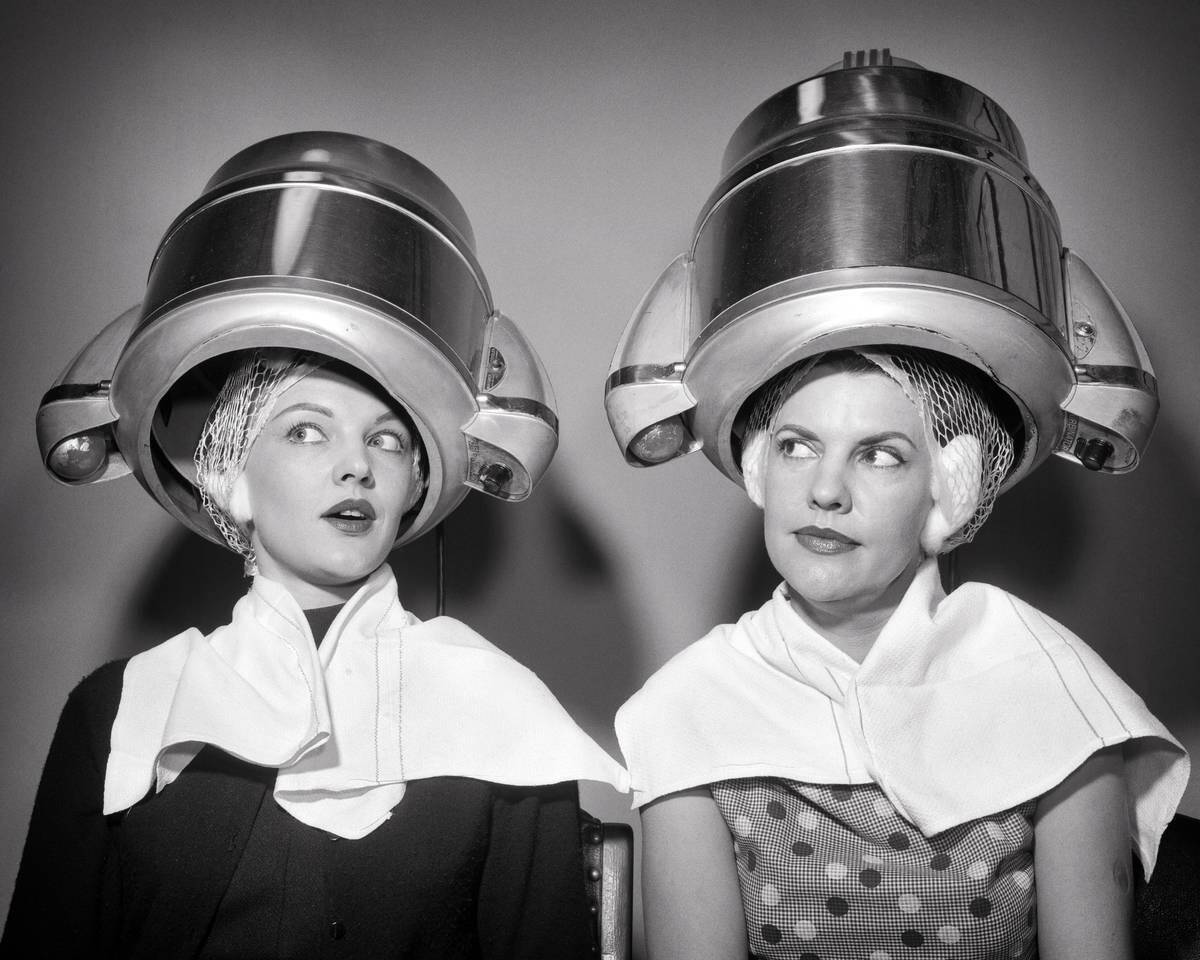
A. A false newspaper article
B. Someone who’s no fun
C. A snitch
D. Someone who never tells the truth
Answer: Someone who’s no fun
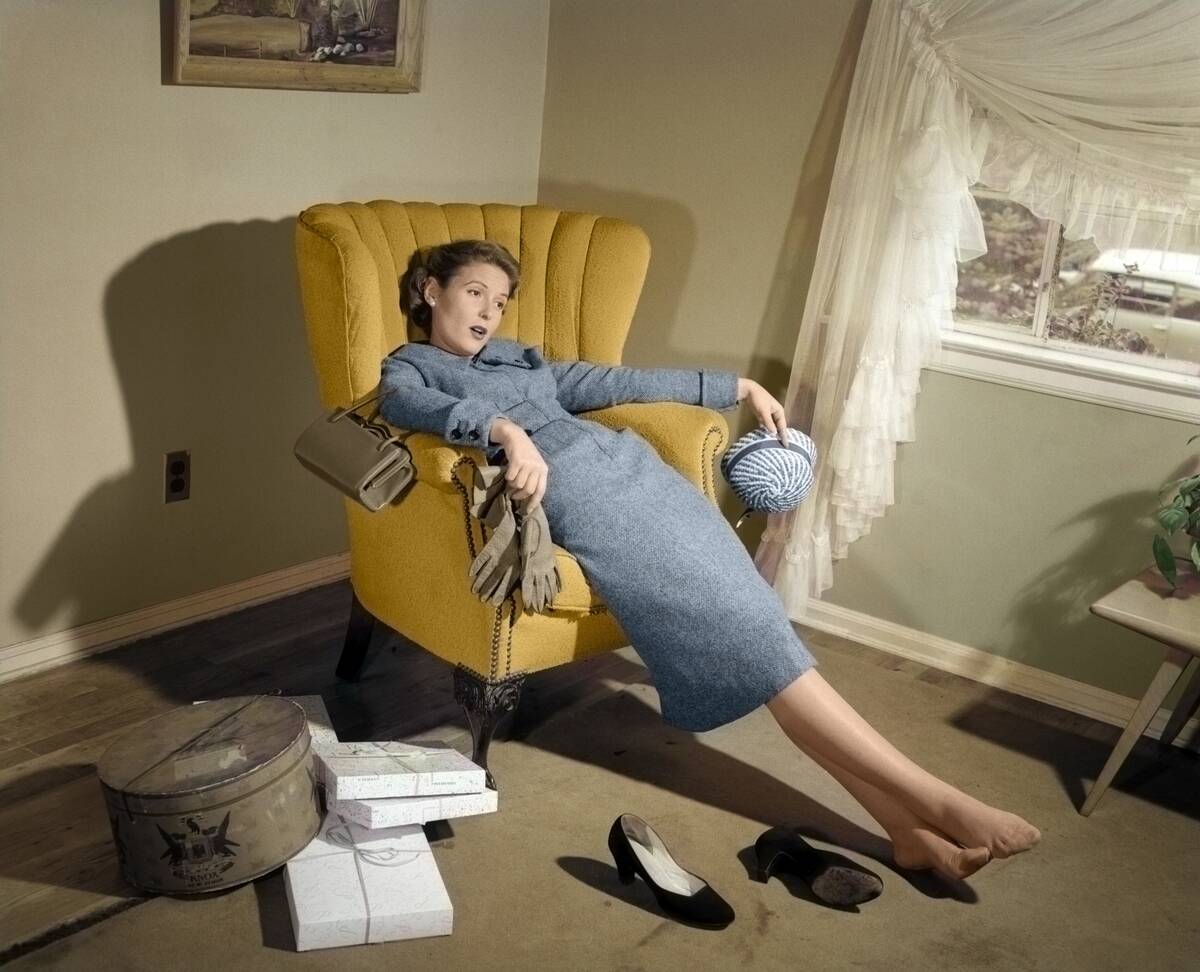
“Don’t be such a wet rag, come out to the sockhop on Friday!” would’ve been something you heard during the ’50s. Calling someone a “wet rag” was a 1950s way of telling them they were a wet blanket, which is probably where that term originates from in the first place.
What did someone mean if they got their “wig chopped”?

A. They were frightened
B. They were roughed up, usually by bullies
C. They got a haircut
D. They were reprimanded, usually by parents
Answer: They got a haircut
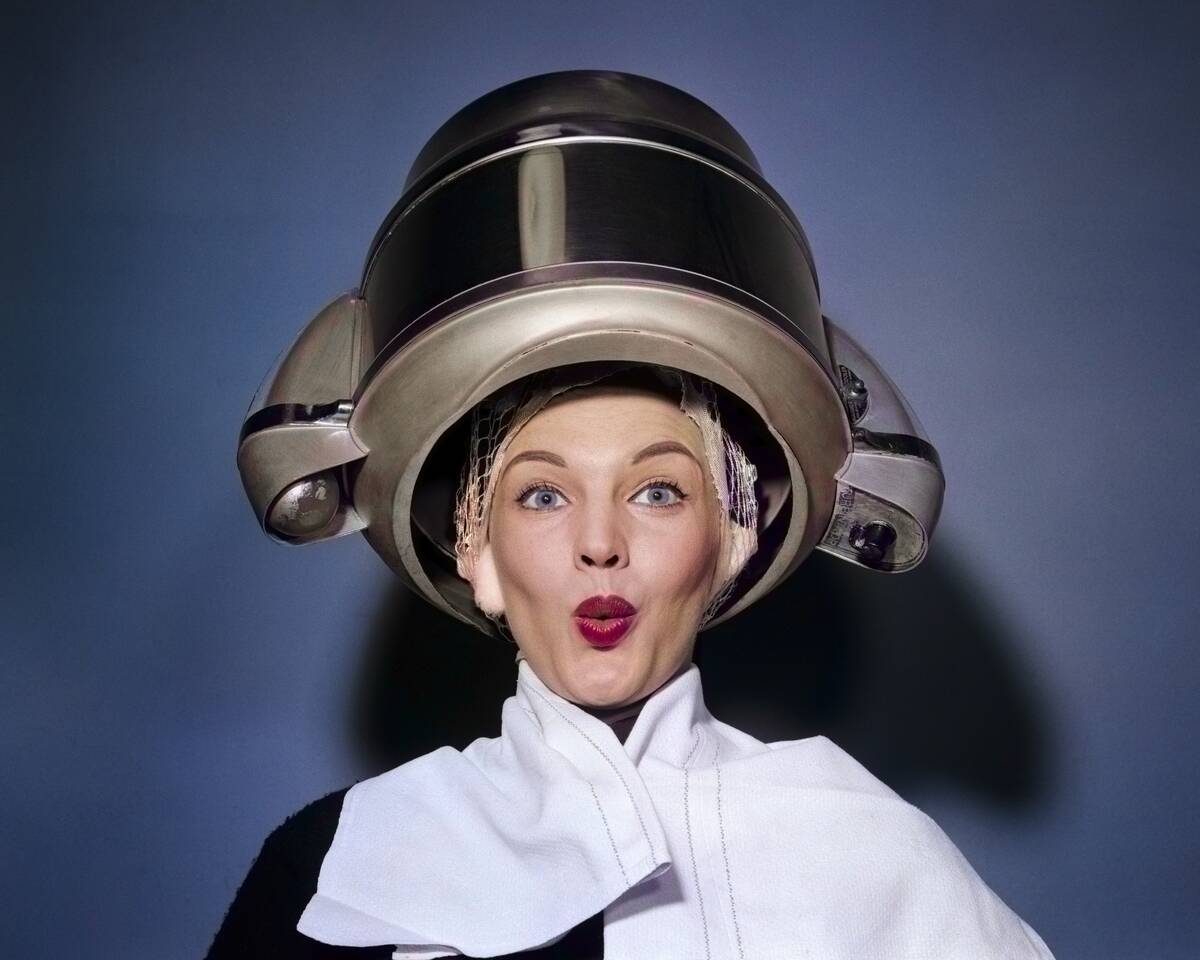
This one was pretty straightforward. If someone got their “wig chopped,” they meant that they just went and got a haircut. For example, “I’m headed to the barber later to get a wig chop.”
What did “ain’t that a bite” mean?
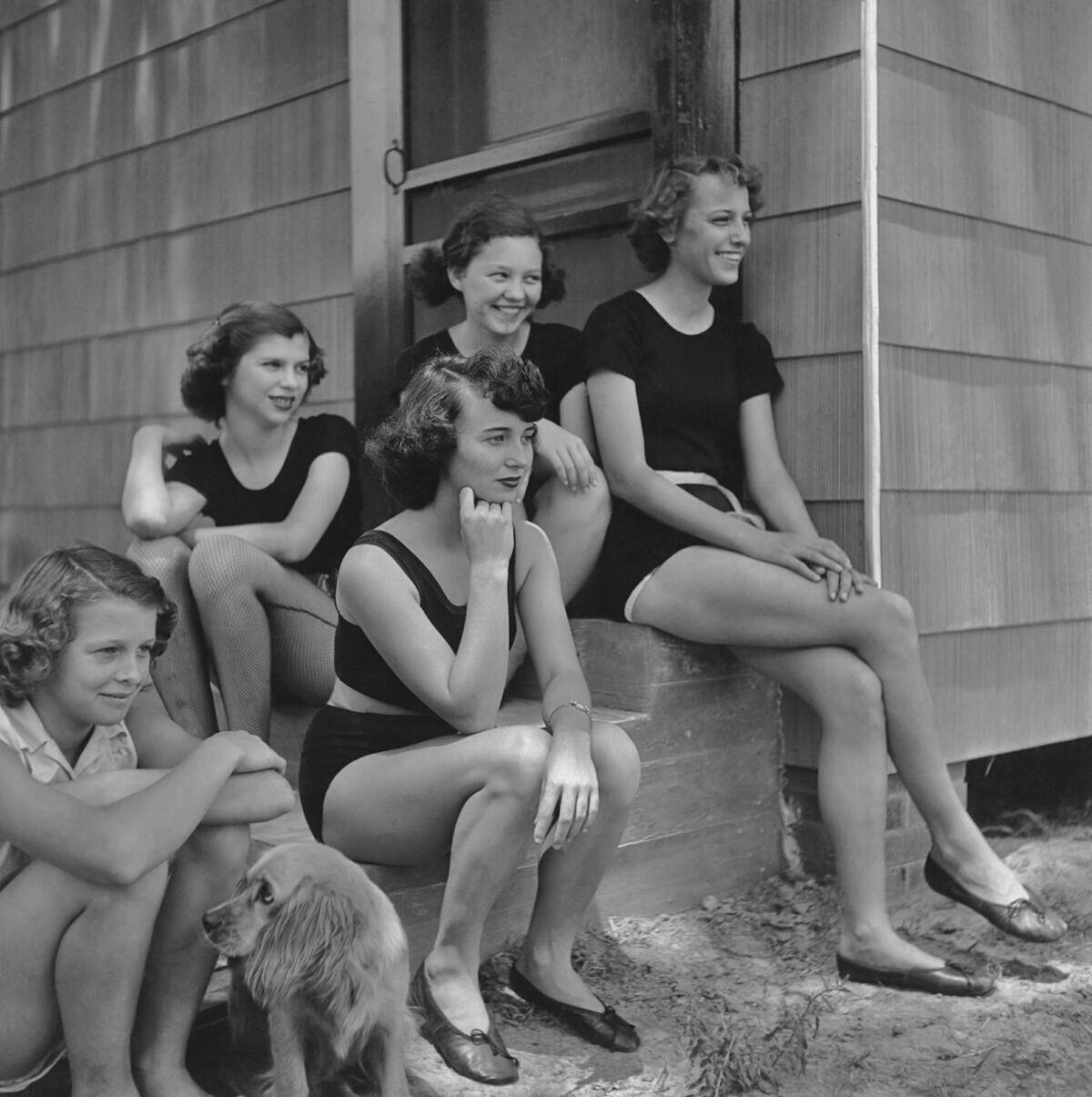
A. That’s too bad…
B. How lucky is that?!
C. Well that’s awkward…
D. That’s absolutely crazy
Answer: That’s too bad…
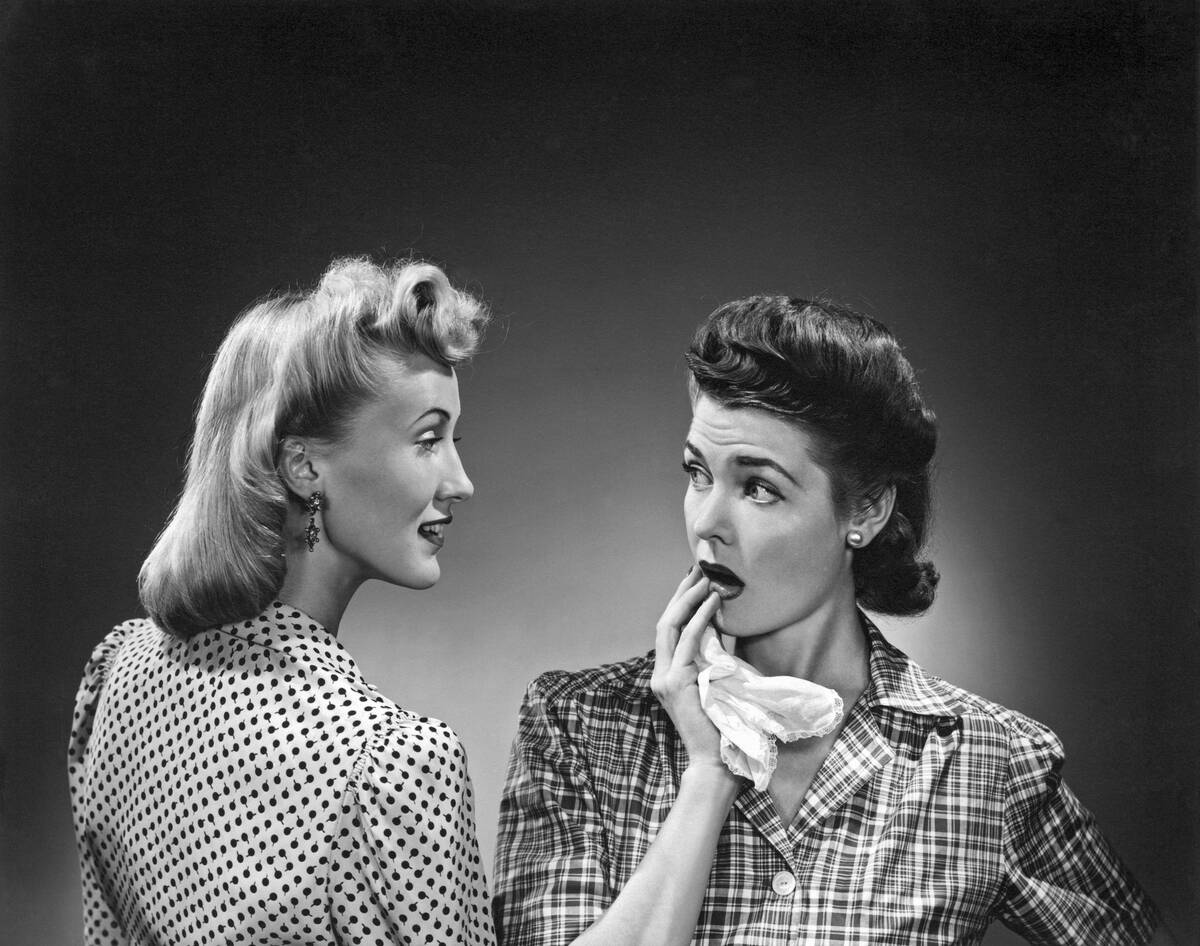
This was an expression you would use to express disappointment about any given situation. For example, “Geez, Martha left you for Greg because he has a better car? Ain’t that a bite…”
What was a “royal shaft”?
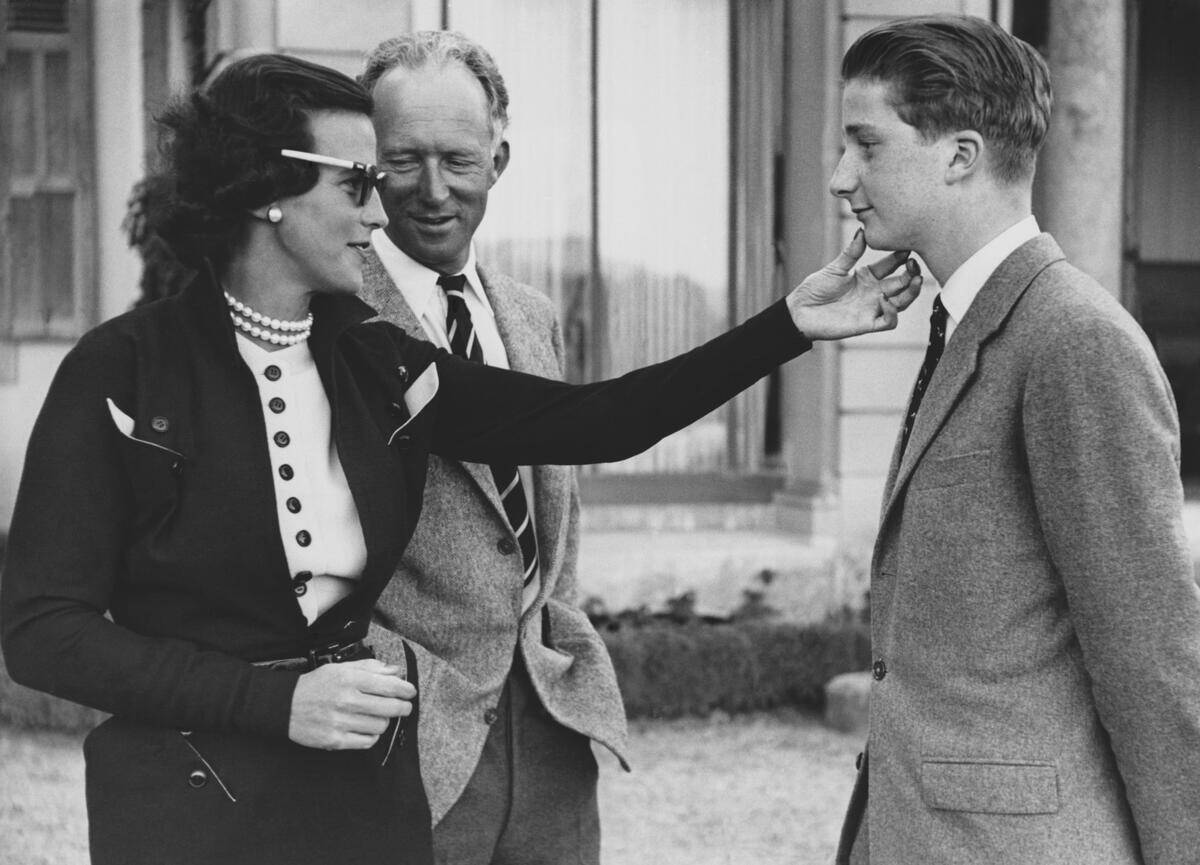
A. To get treated like royalty
B. A badly damaged car
C. To be ignored
D. To be unfairly treated
Answer: To be unfairly treated
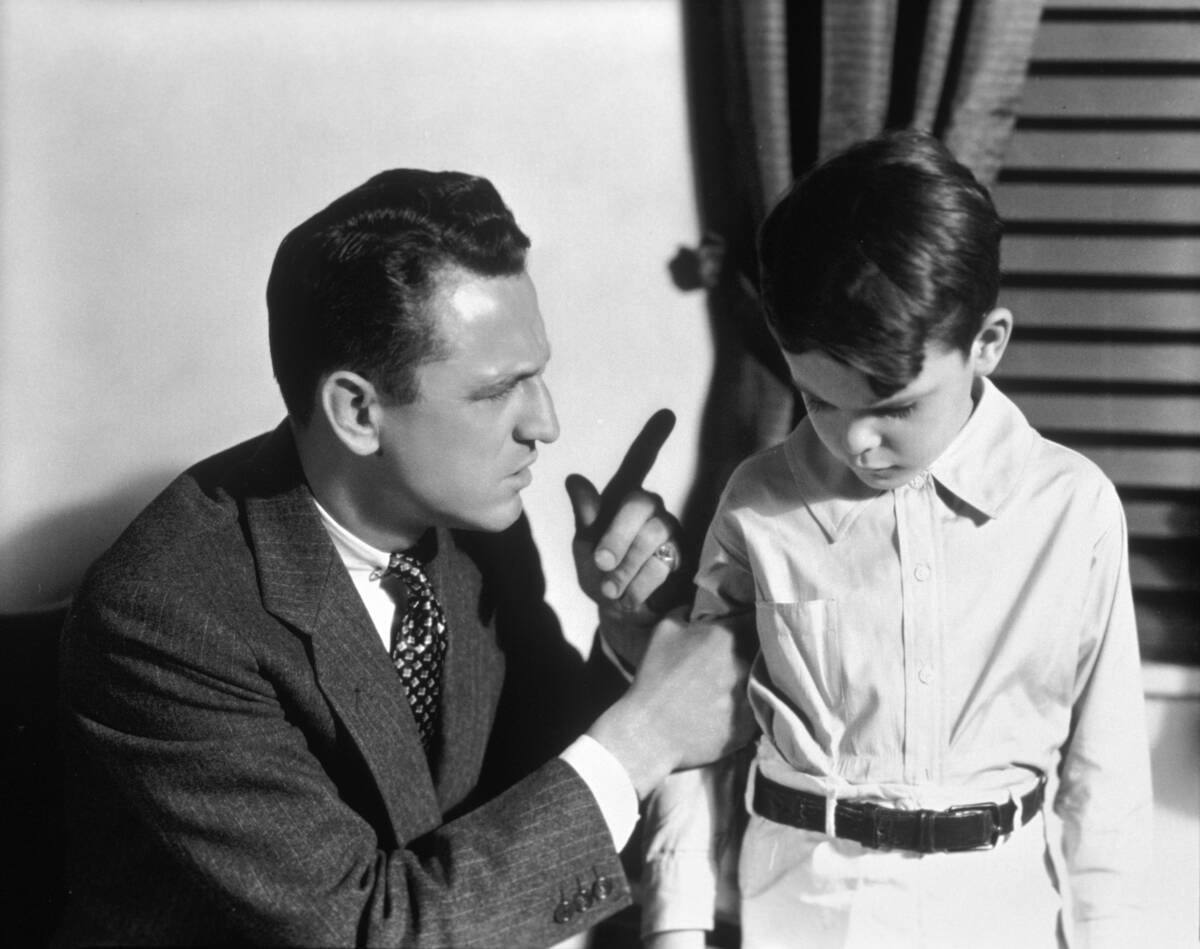
If someone was getting a “royal shaft,” it meant that they were being treated badly or unfairly. For example, “Did you hear about Donnie? He got the royal shaft from the teacher today for falling asleep in class.”
What did someone really mean if they asked you, “Are you writing a book?”
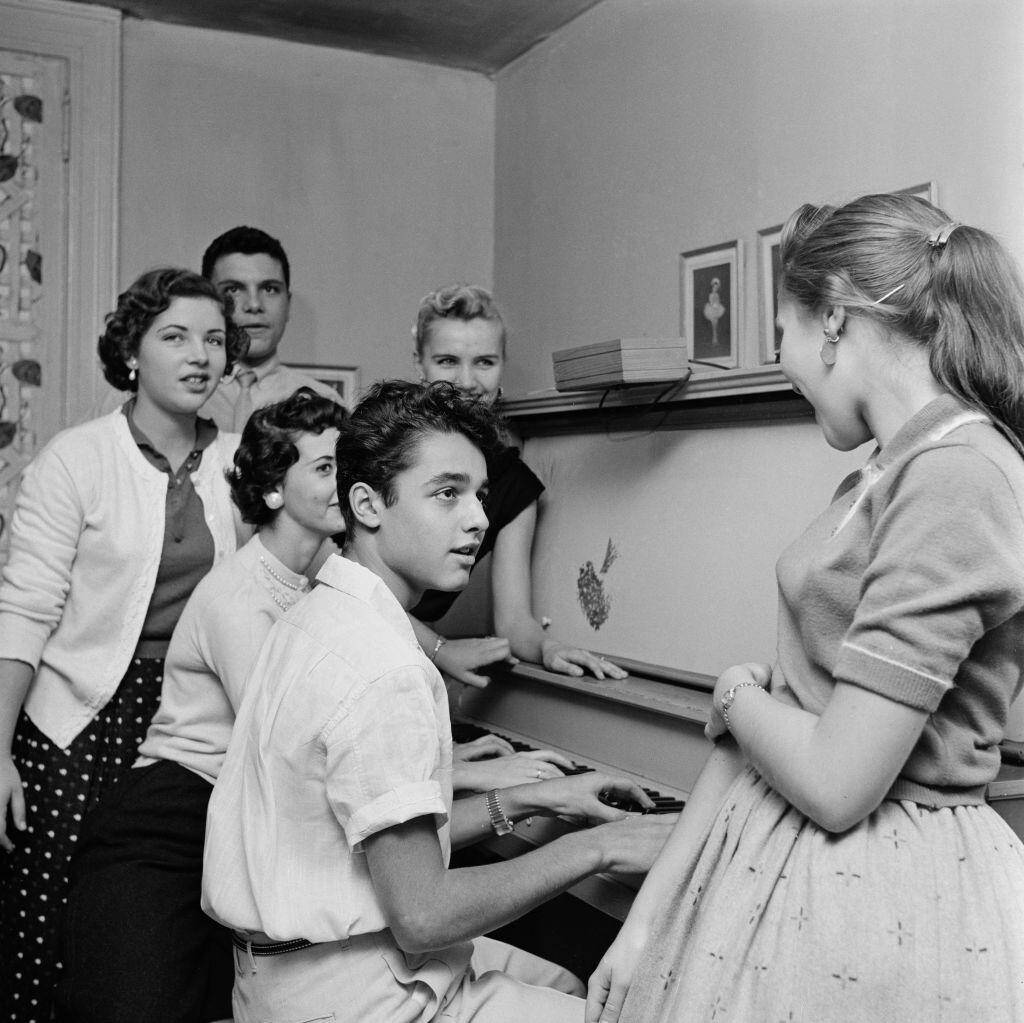
A. They want to know why you’re so anxious
B. They want to know if you’re writing a book
C. They want to know why you’re asking so many questions
D. They want to know why you’re so quiet
Answer: They want to know why you’re asking so many questions
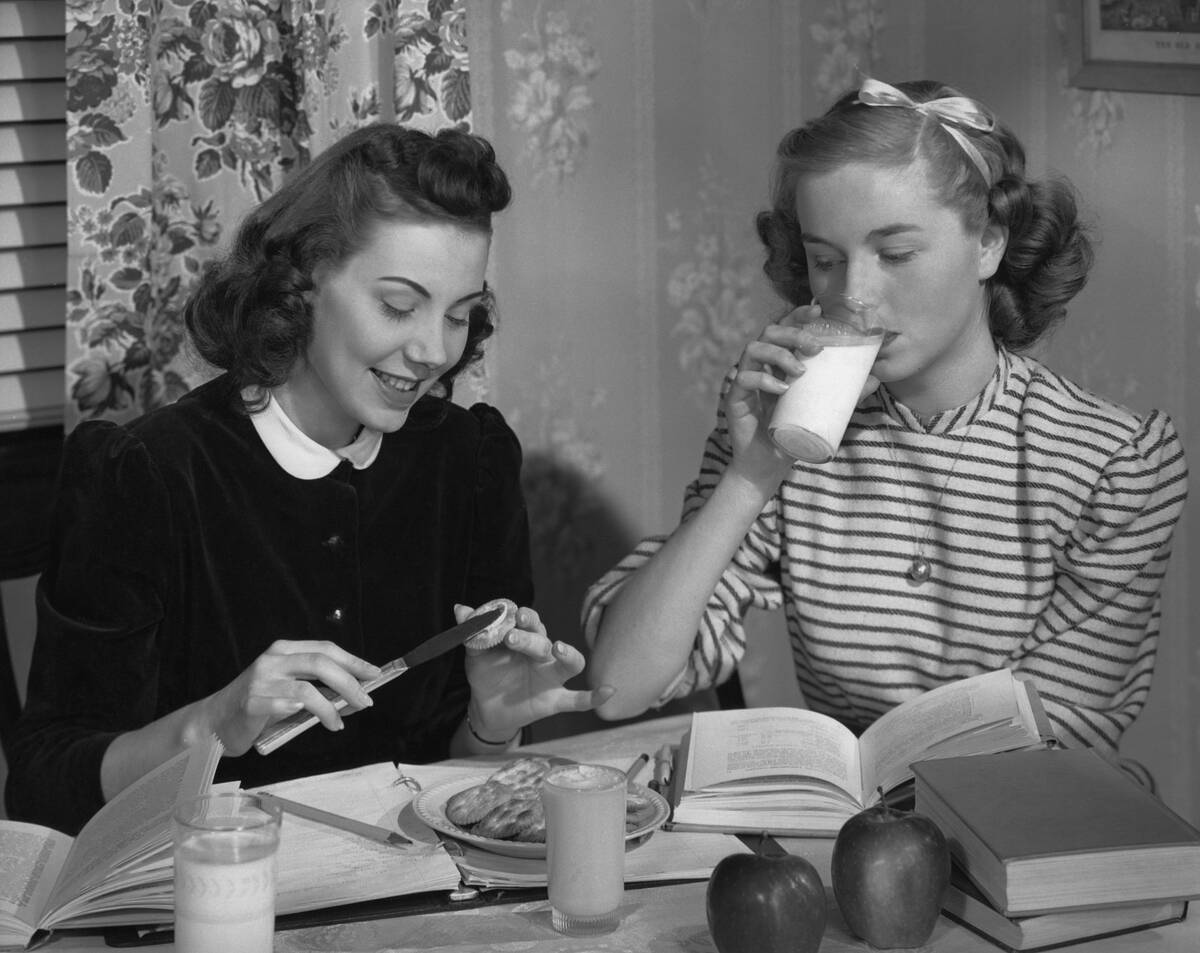
When people start to ask too many questions, it can get pretty annoying. Folks back in the ’50s would usually try to end the interrogation by saying, “Are you writing a book?”
What was the “passion pit”?
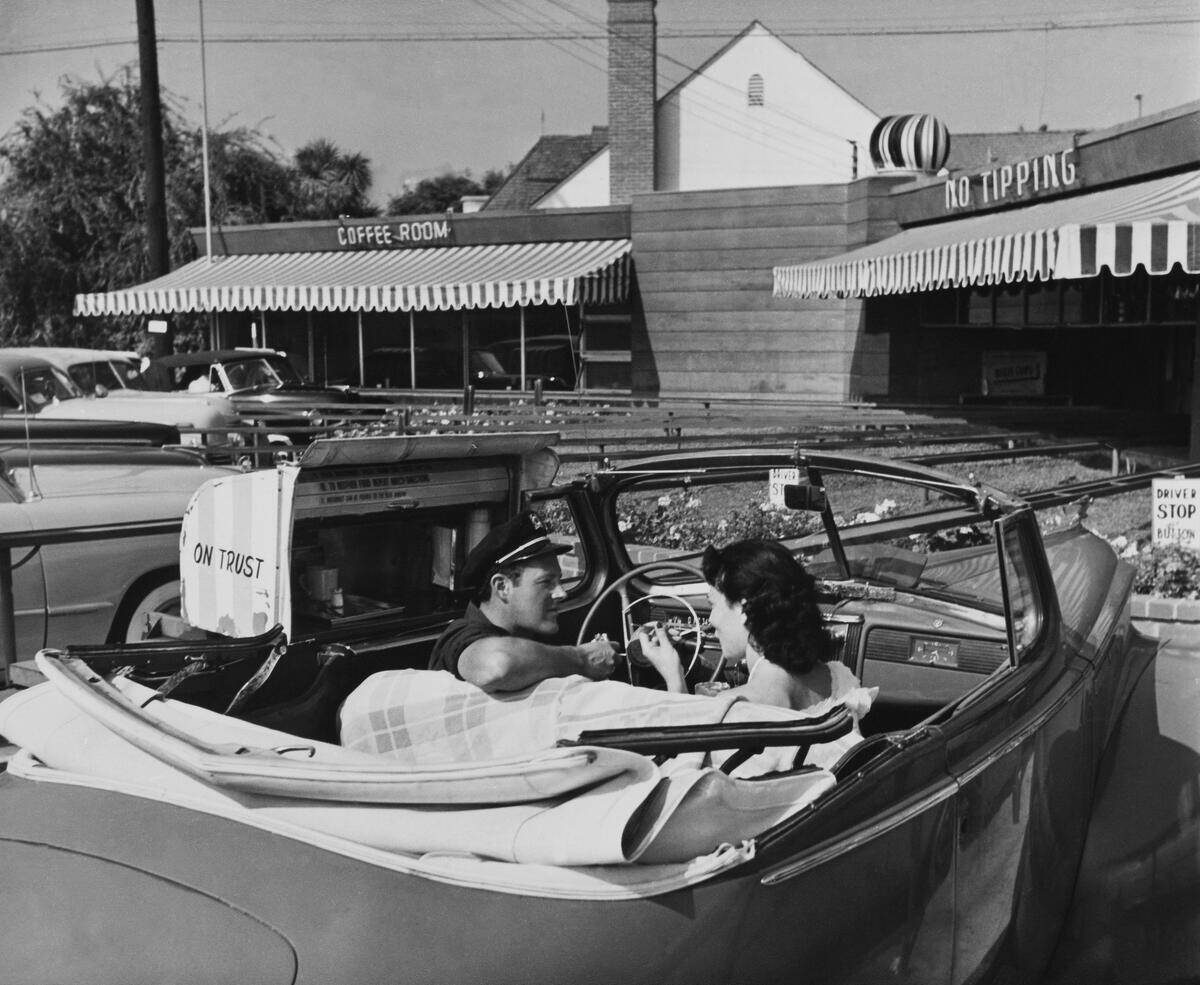
A. The backseat of a car
B. A local bar
C. A drive-in movie theater
D. The beach
Answer: A drive-in movie theater
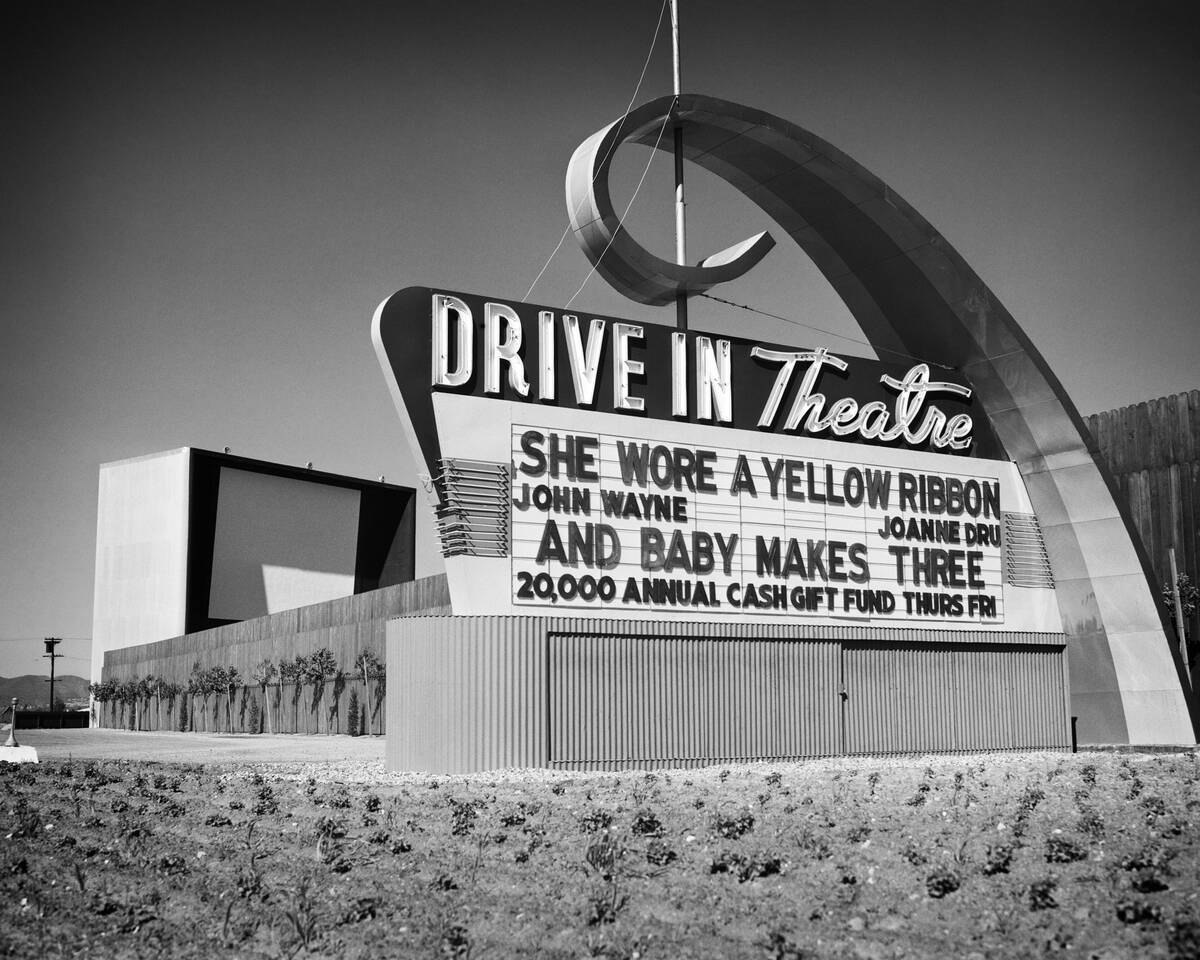
Drive-in movie theaters were pretty common back in the ’50s. While we call them drive-in movies today, back then, they were often referred to as the “passion pit” likely because of what some teens might’ve been up to besides watching the movie…
What was a “paper shaker”?
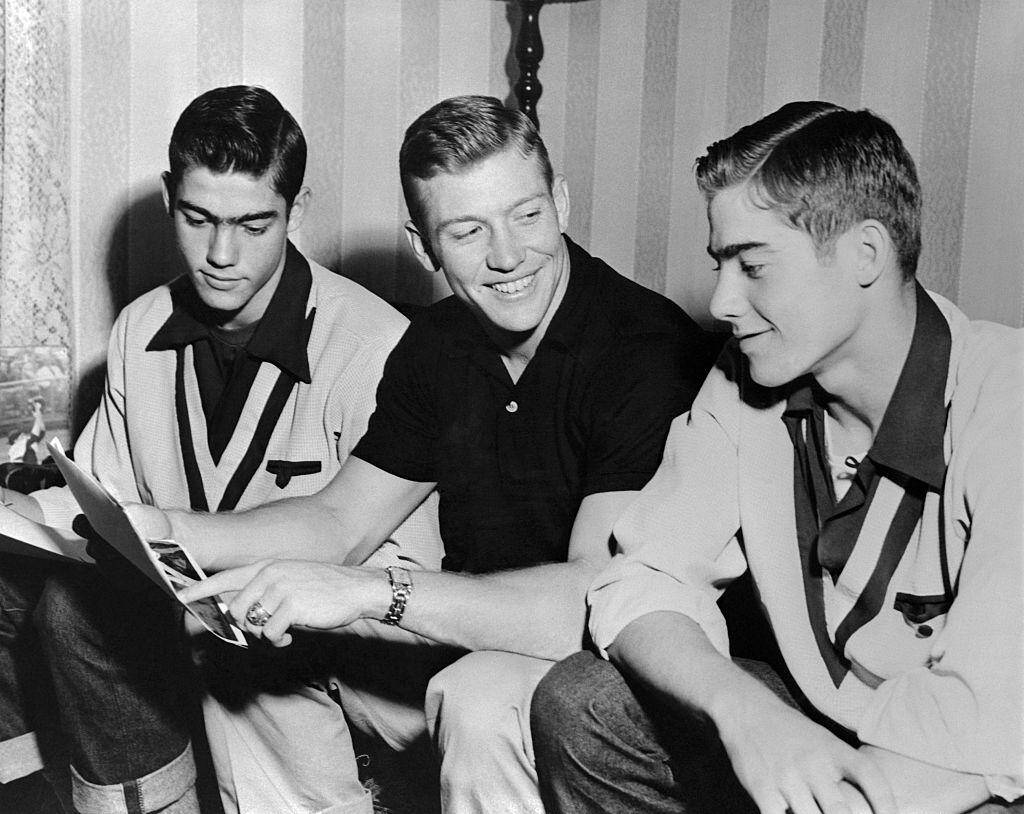
A. Someone who worked in an office
B. A cheerleader
C. A paperboy
D. Someone who saved everything
Answer: A cheerleader

A “paper shaker” was a term that the cool kids in school used to refer to the cheerleaders because of their pom-poms. For example, “Gary wants to ask this paper shaker named Dawn to the prom this year.”
What did it mean if someone were to “lay a patch”?
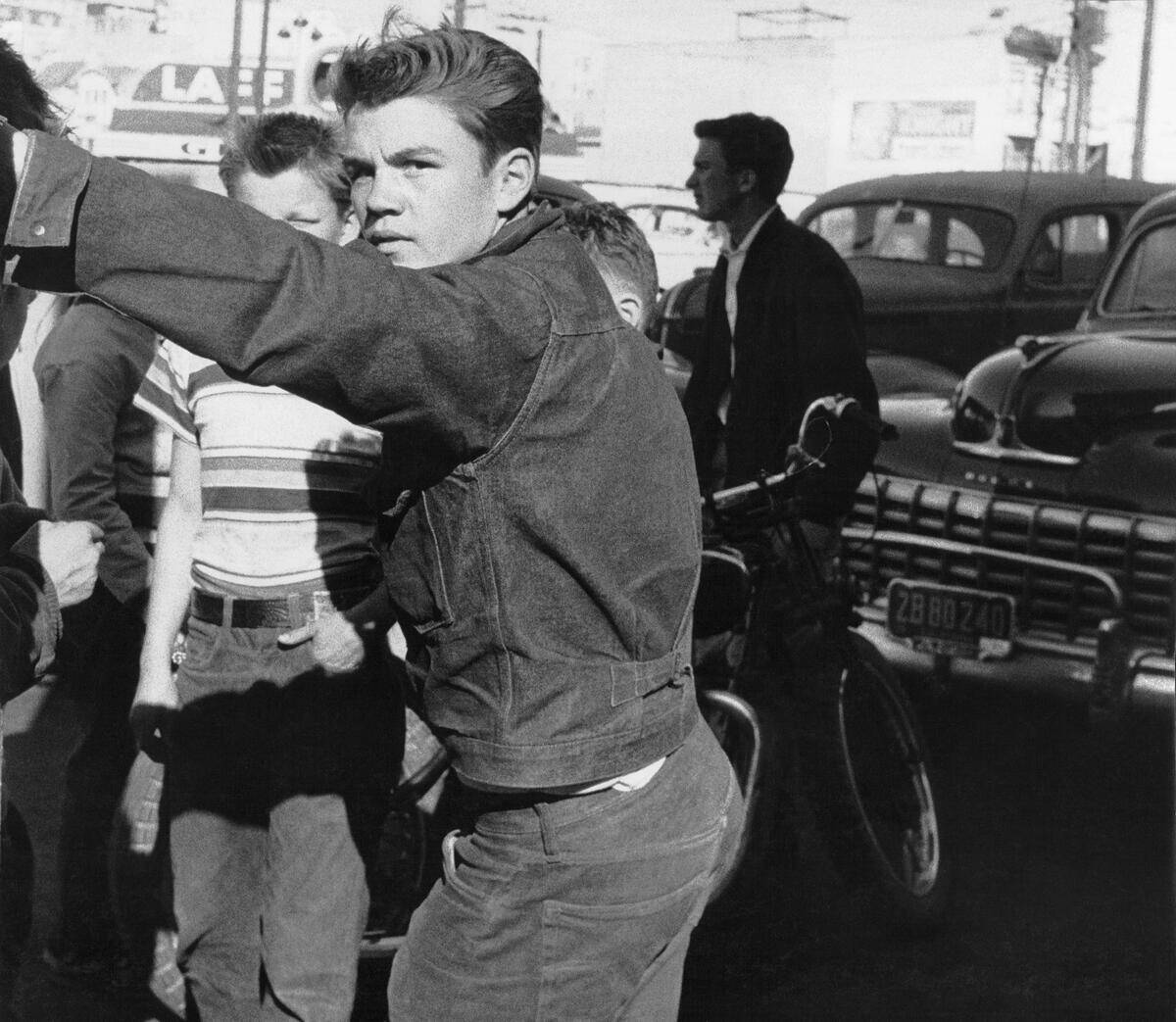
A. They accelerated a car so rapidly they left rubber on the road
B. They gave someone a black eye
C. They tried to make amends for a mistake
D. They were dropping hints about something
Answer: They accelerated a car so rapidly they left rubber on the road
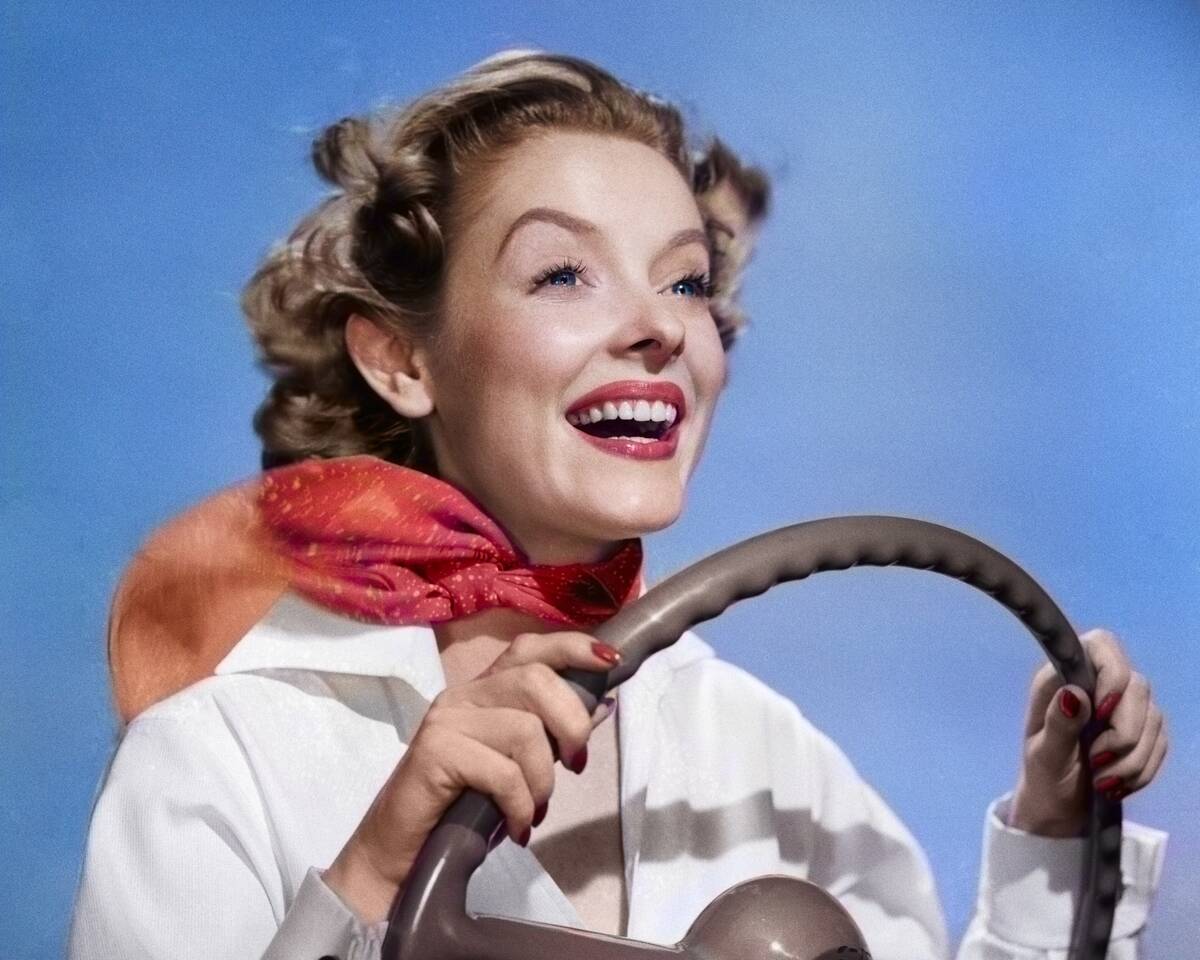
If someone “laid a patch,” it meant that they accelerated their car so abruptly that they left a patch of rubber on the road! Hot rods were all the rage back then and everyone was burning rubber.
What was “fat city”?
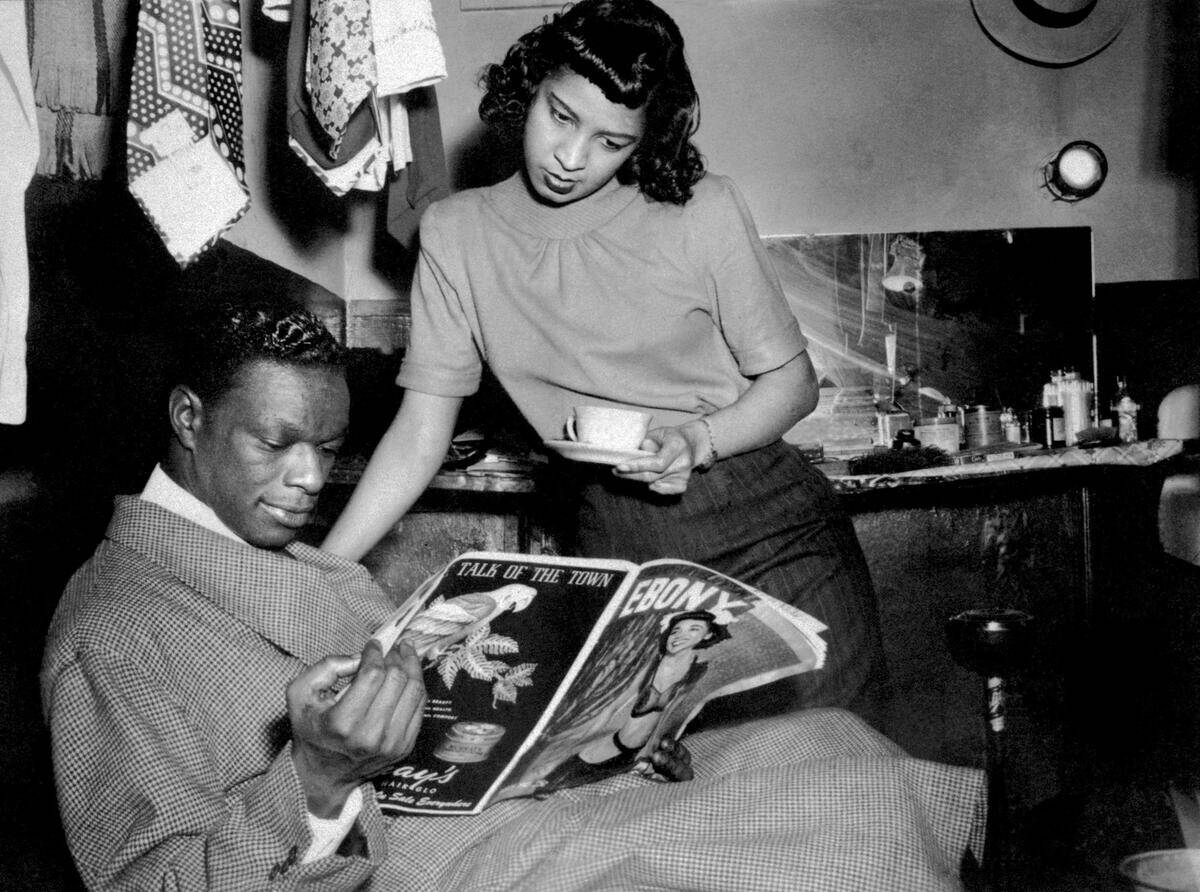
A. A place to be, such as an ideal situation
B. A streak of bad luck
C. The local supermarket
D. The bank
Answer: A place to be, such as an ideal situation
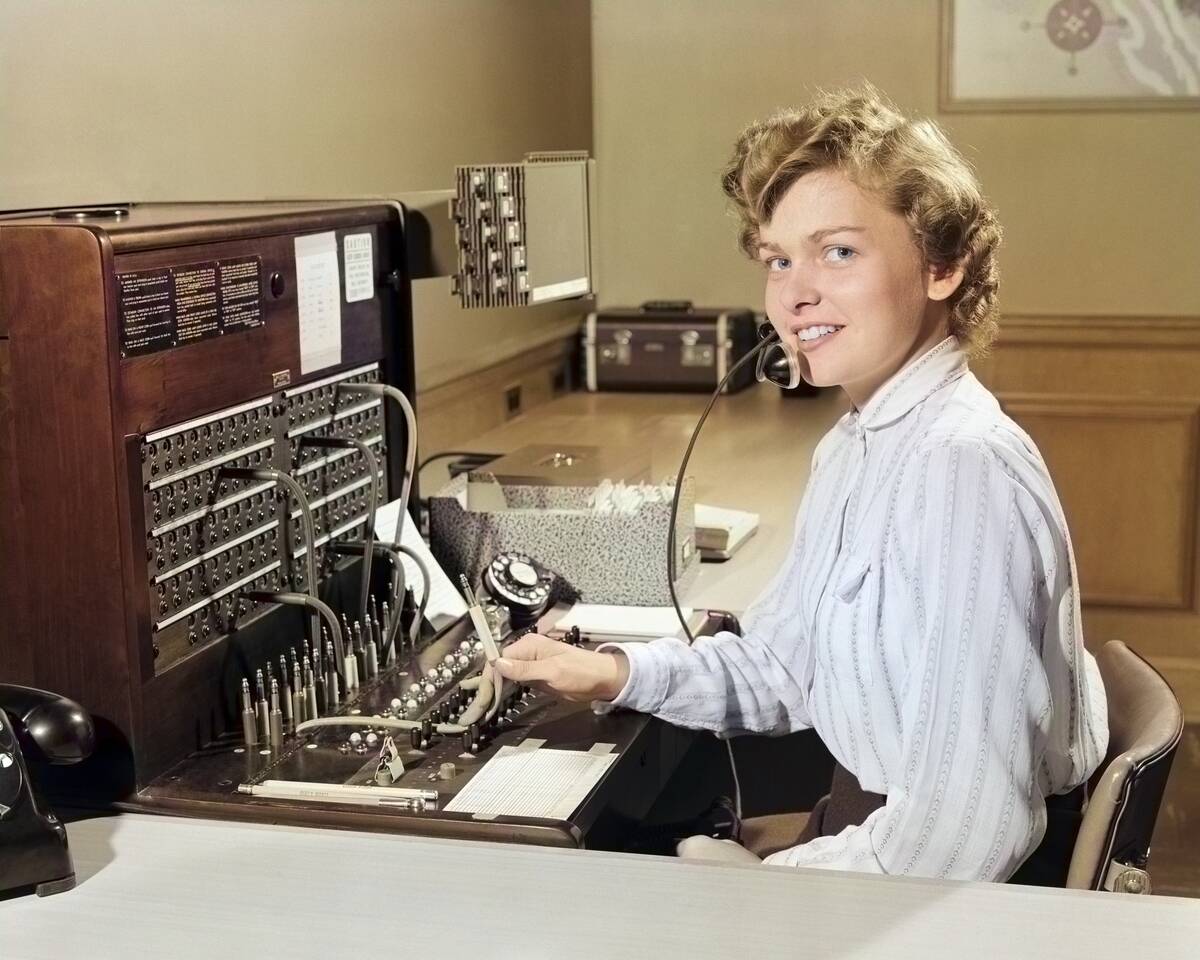
“Fat city” was actually where you wanted to be back in the ’50s. For example, “Ever since Darlene left this town, she’s been living in fat city! She has a well-paying job and she just bought an apartment Downtown.”
When people were talking about “binoculars” what were they really referring to?
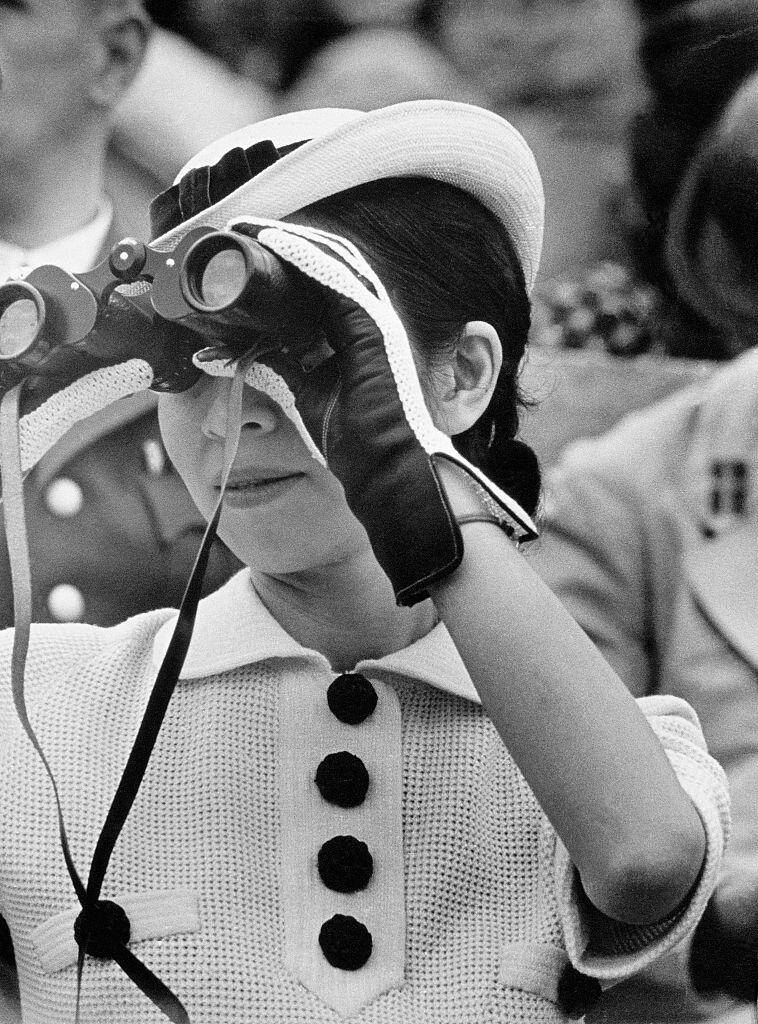
A. Glasses
B. A snitch
C. Magnifying glass
D. Swimming goggles
Answer: Glasses
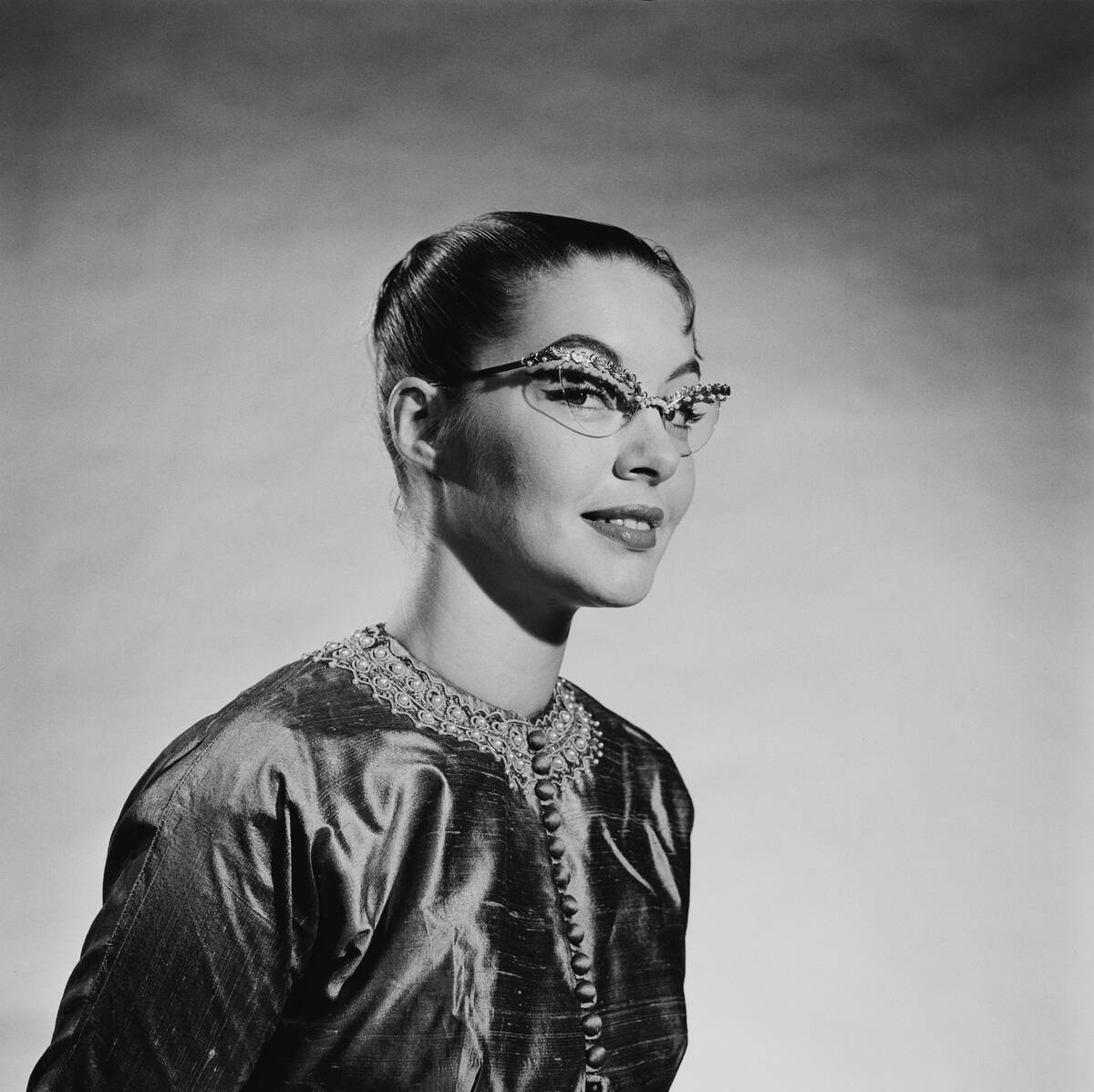
Another word for eyeglasses back in the day was “binoculars.” Indeed, this slang word made sense because both binoculars and glasses help you see things that you couldn’t before…
If someone was “bad news,” what did that mean?

A. They were bad luck
B. They were a bully
C. They were a crook
D. They were a depressing person
Answer: They were a depressing person
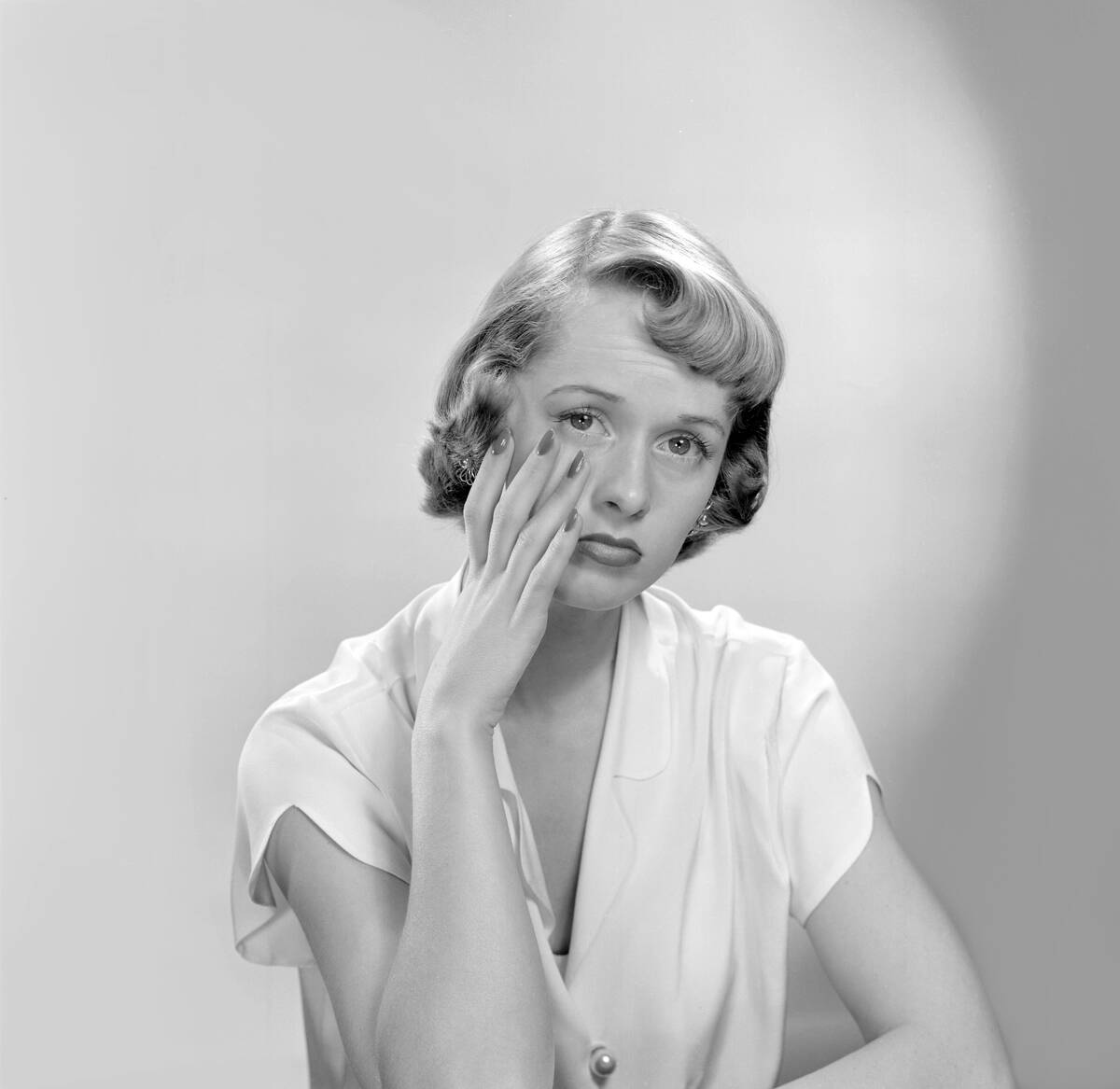
When someone was “bad news,” it usually meant that they never had anything good to say. They always brought a depressing aura to any room that they entered and no one wanted to be around them.
What were the “gringles”?
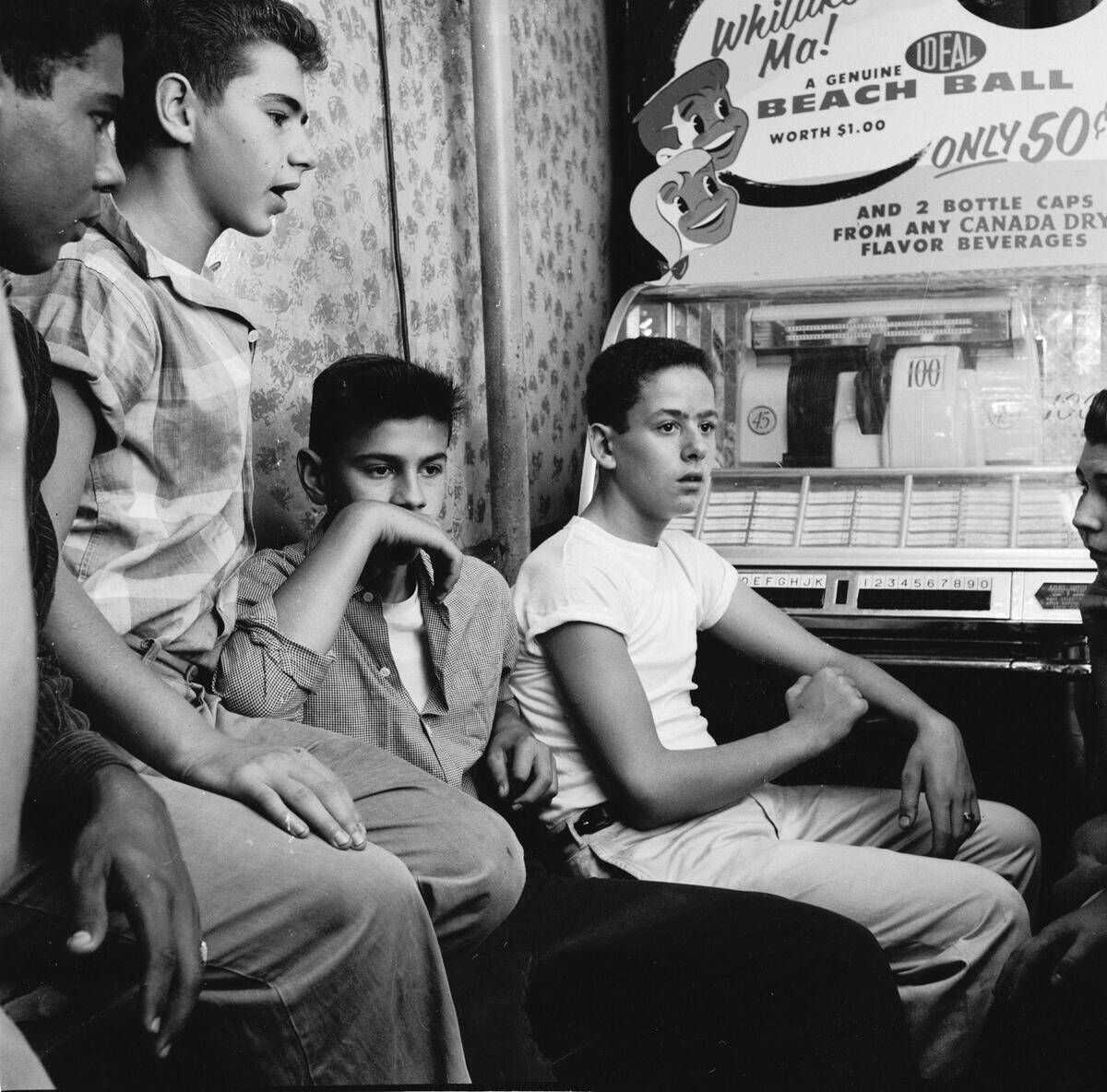
A. The common cold
B. Worries
C. A crush
D. Potato chips
Answer: Worries
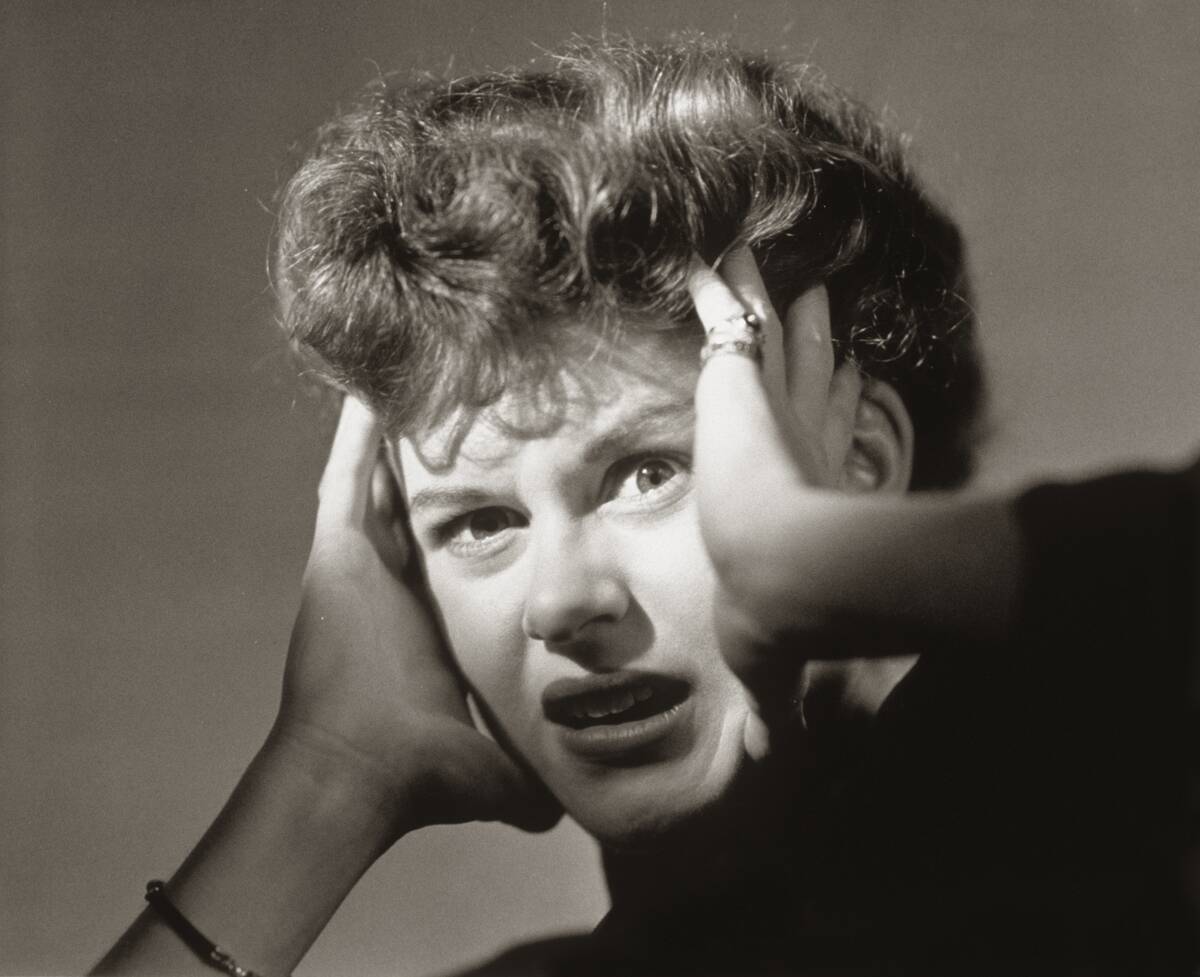
If someone had the “gringles” back then, they were probably quite worried or anxious about something. For example, “LuAnn said she’d give me a ring after our date, but she still hasn’t! I sure do got the gringles over it.”




